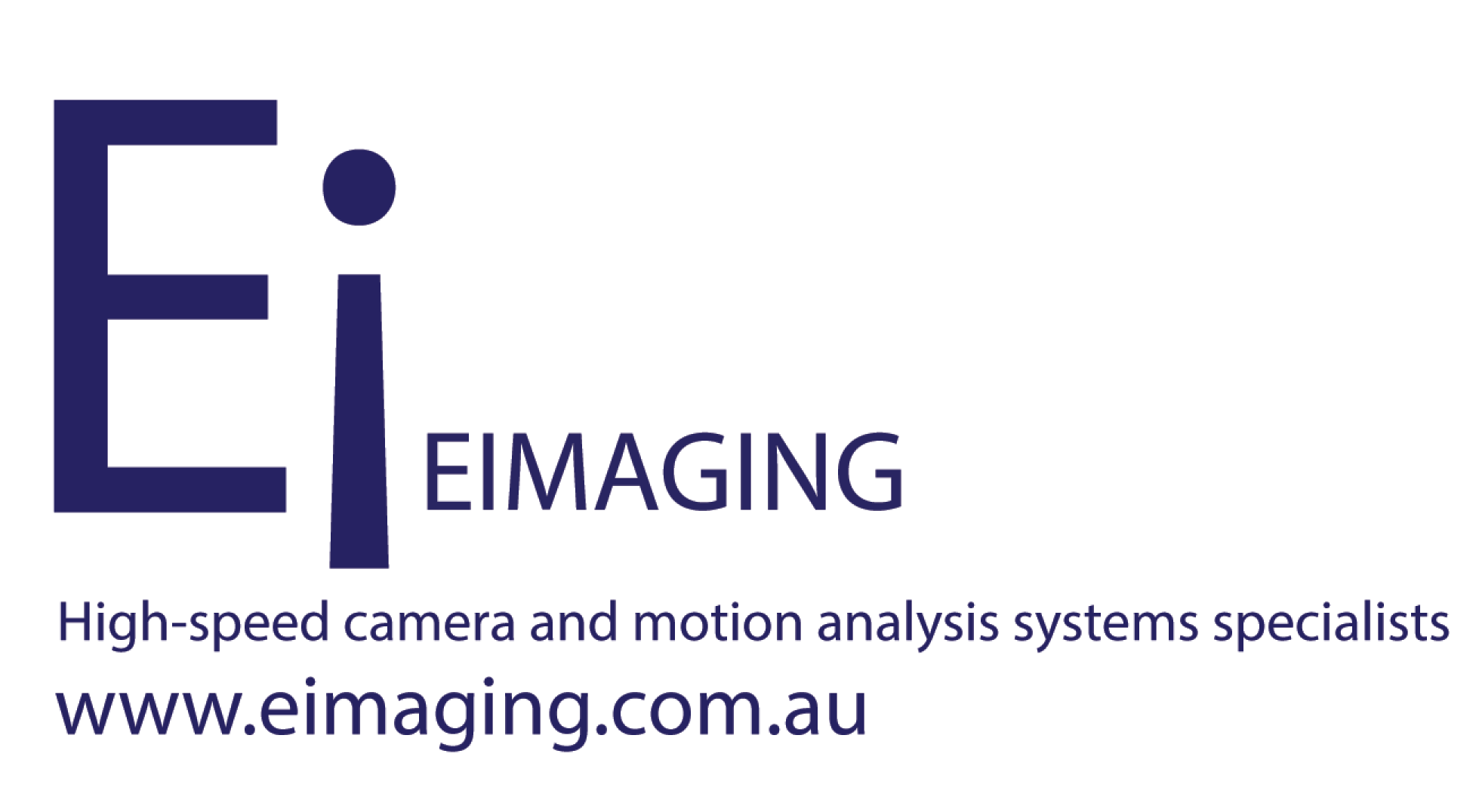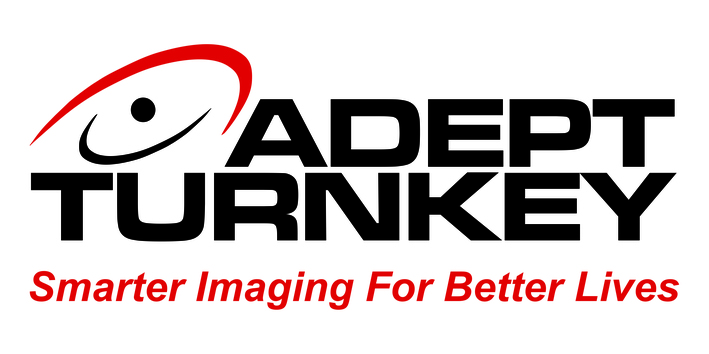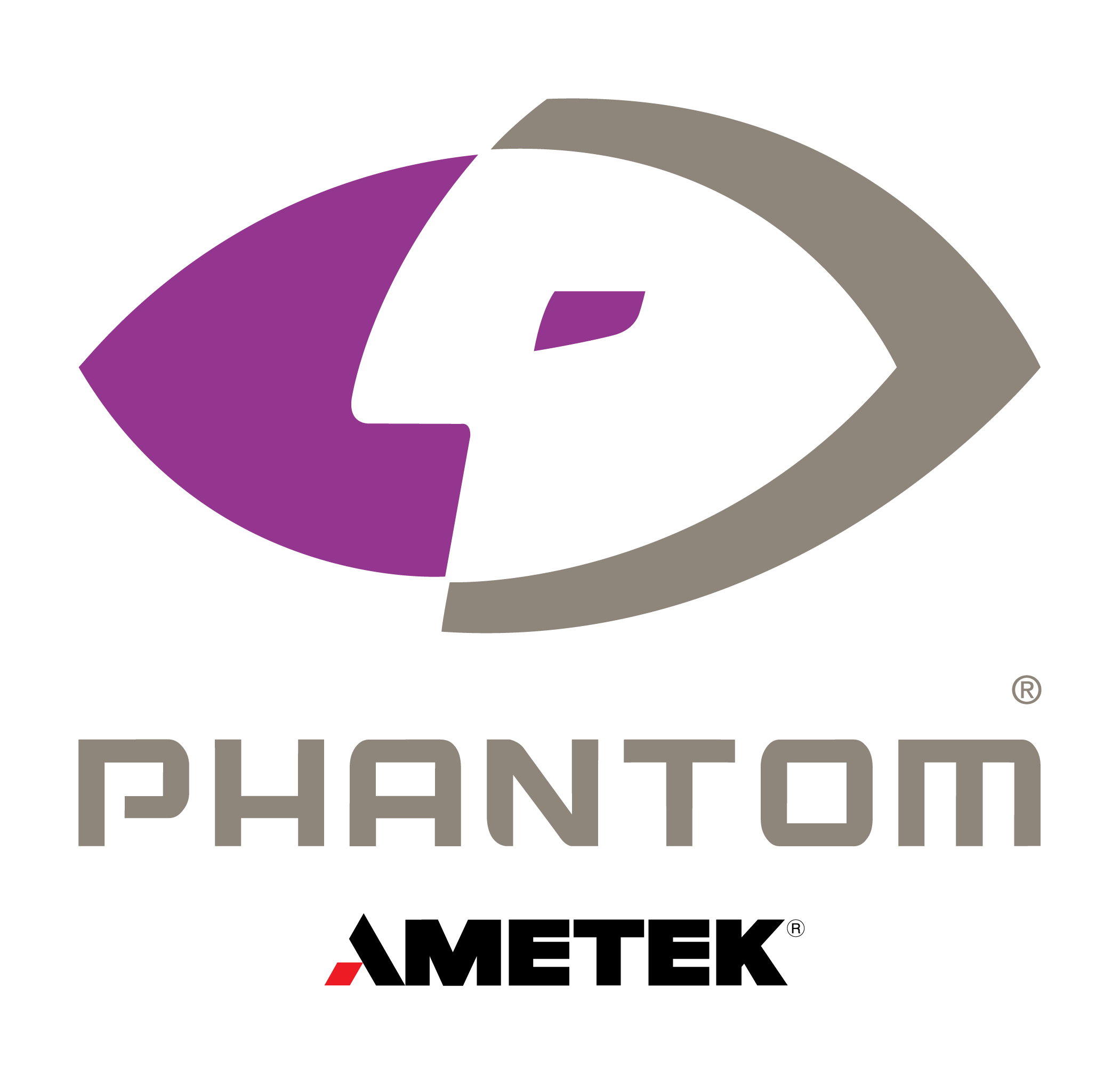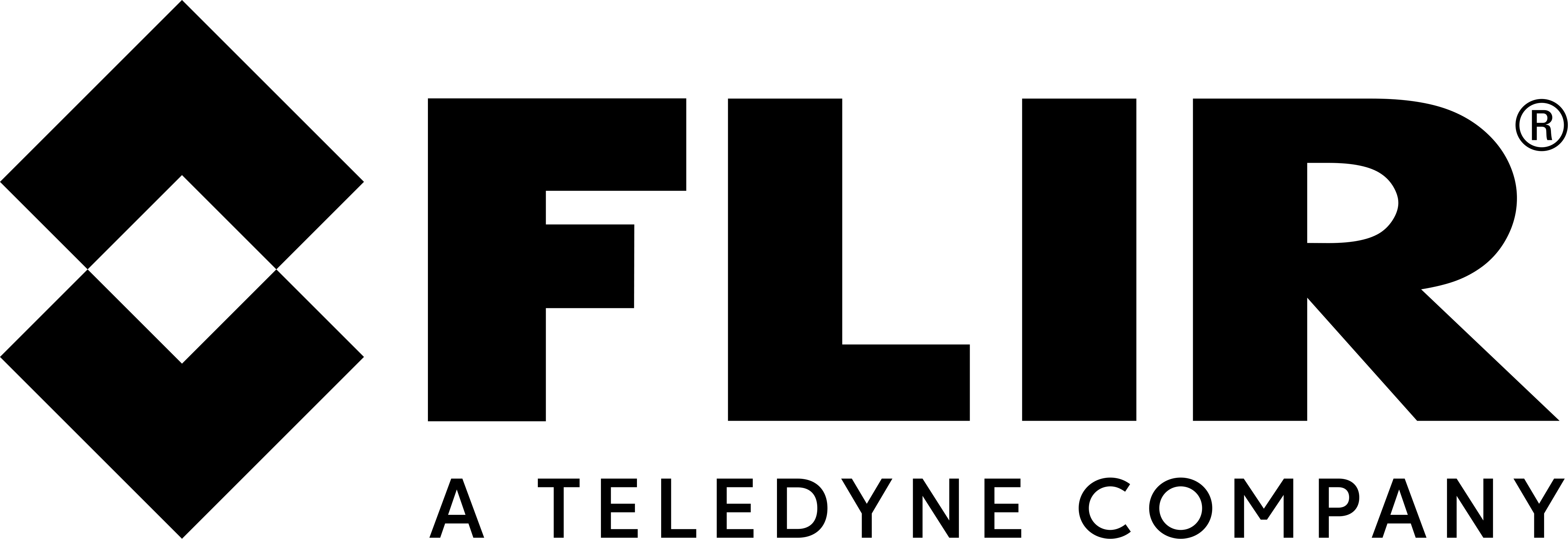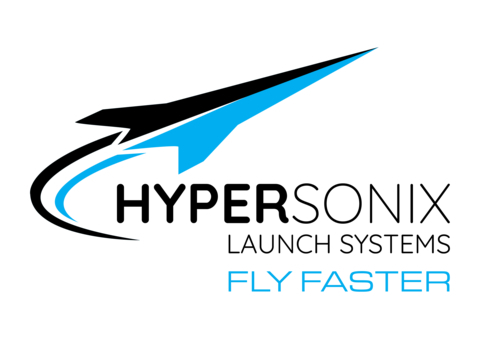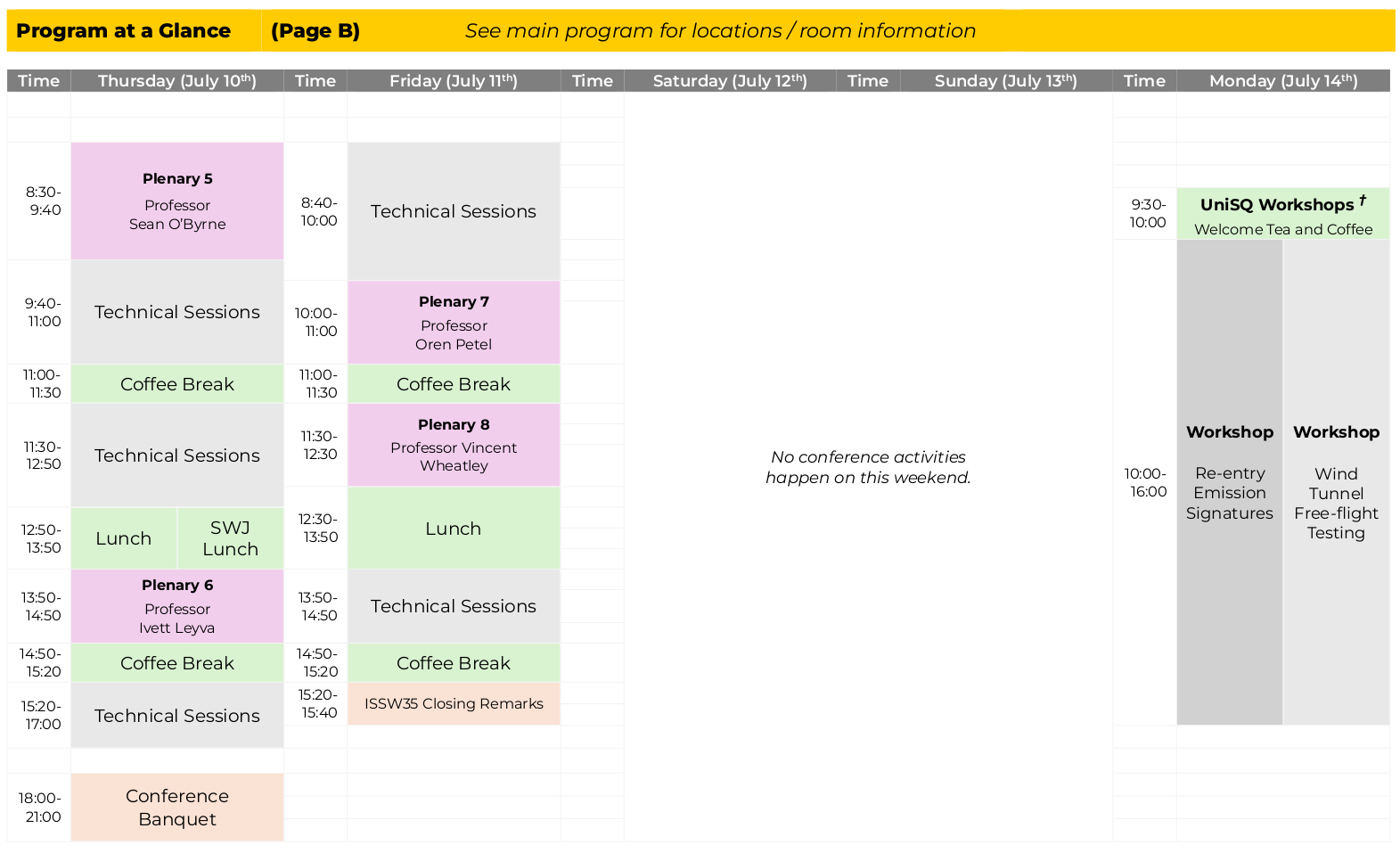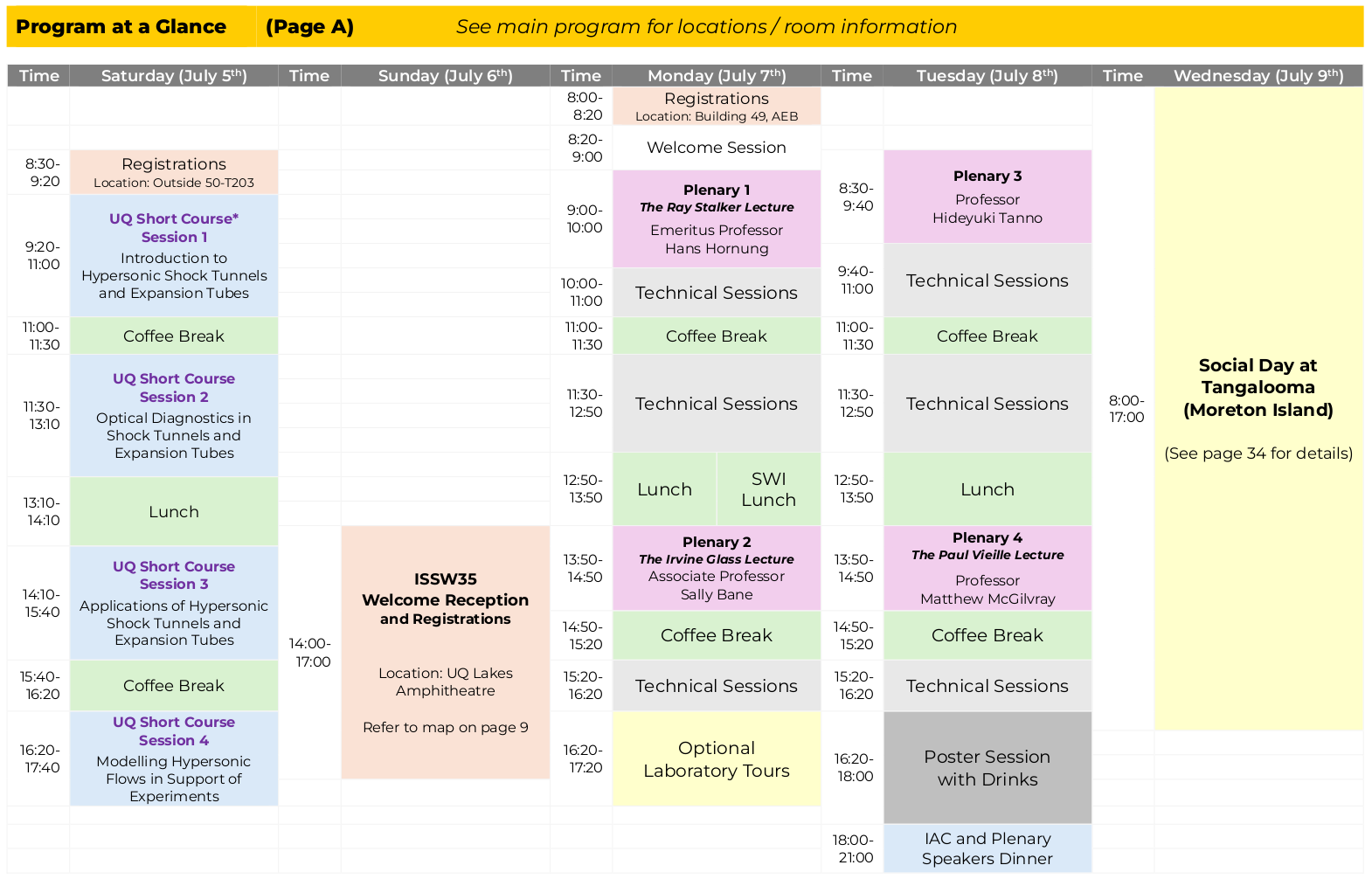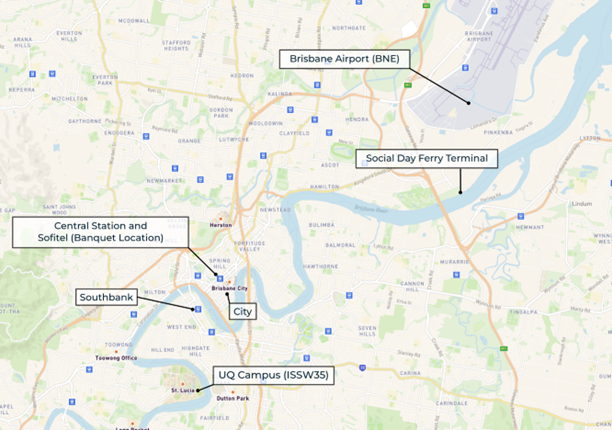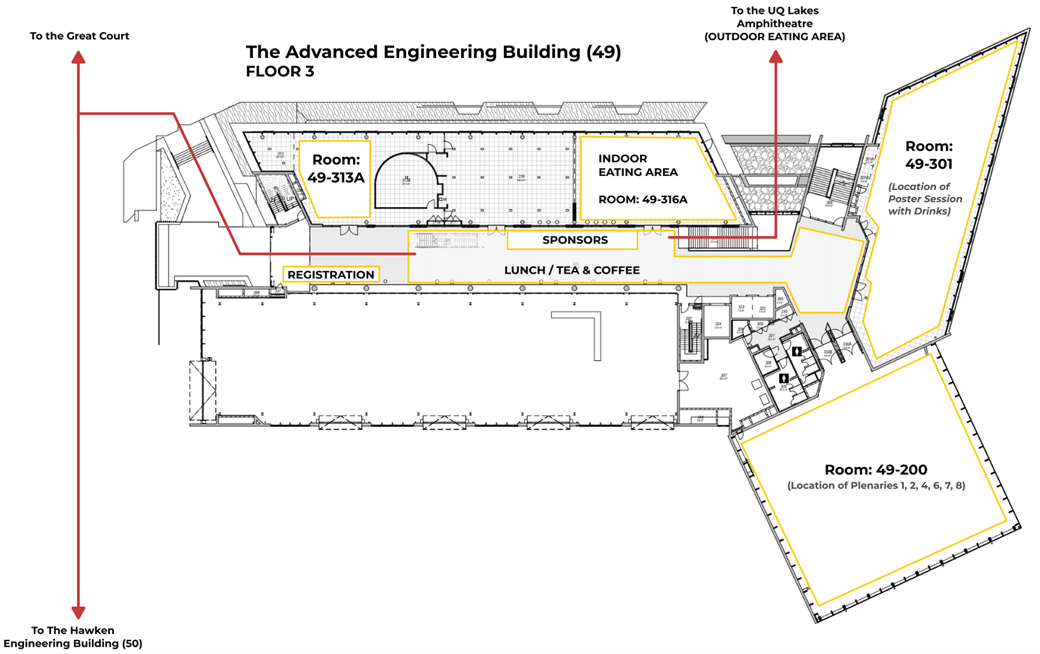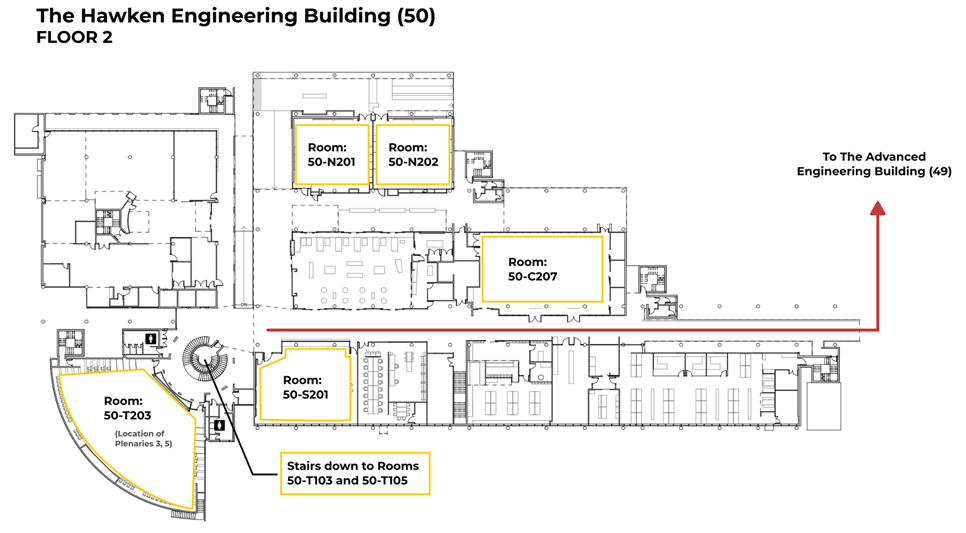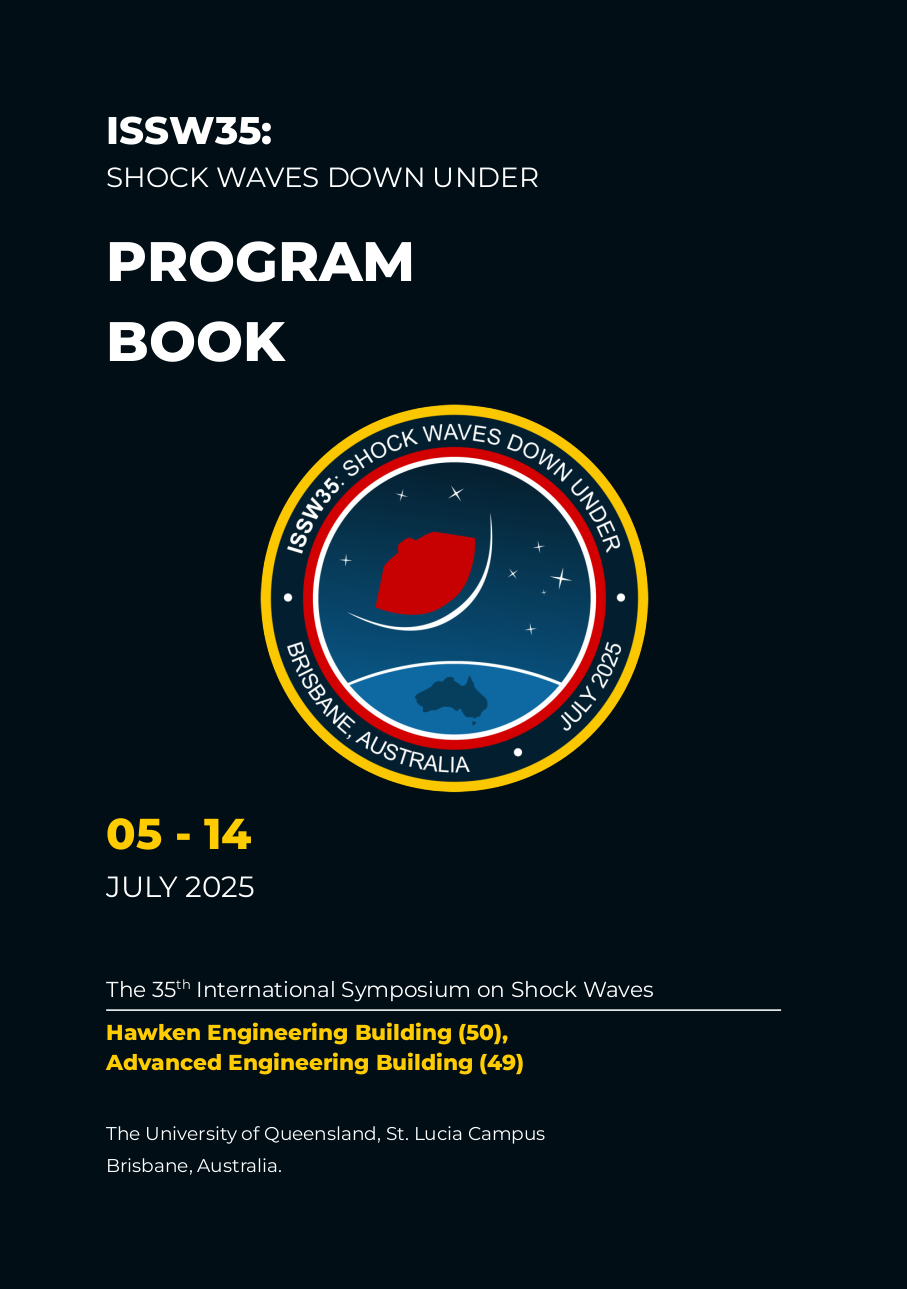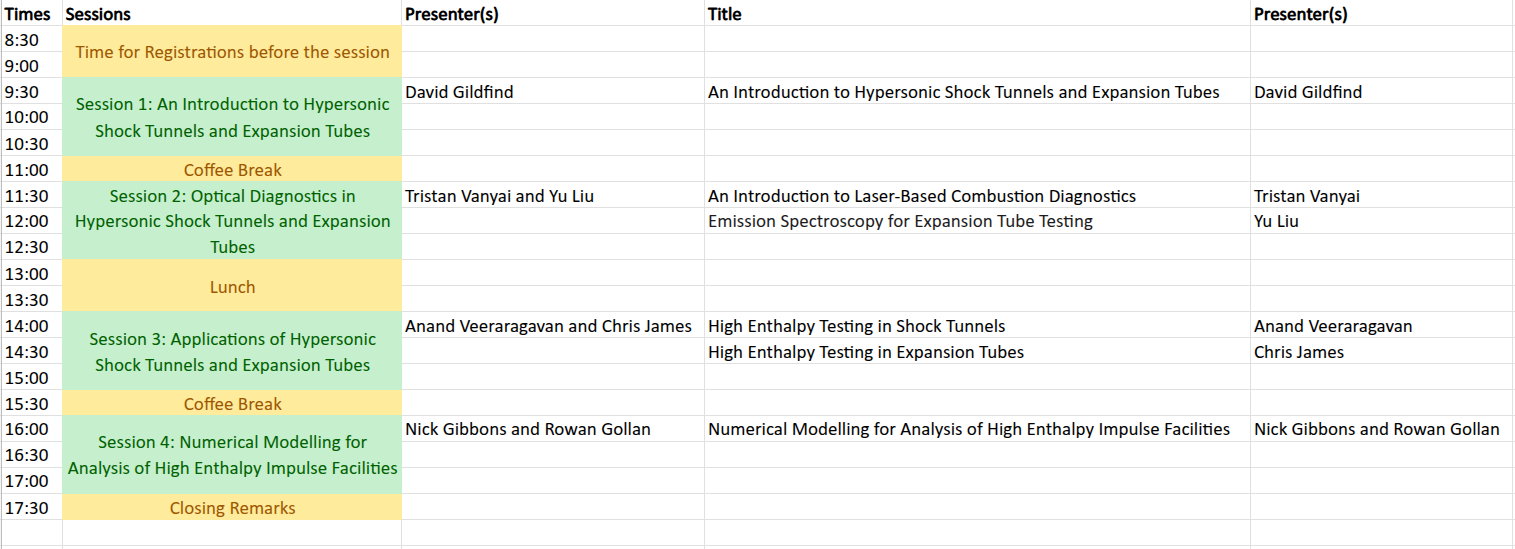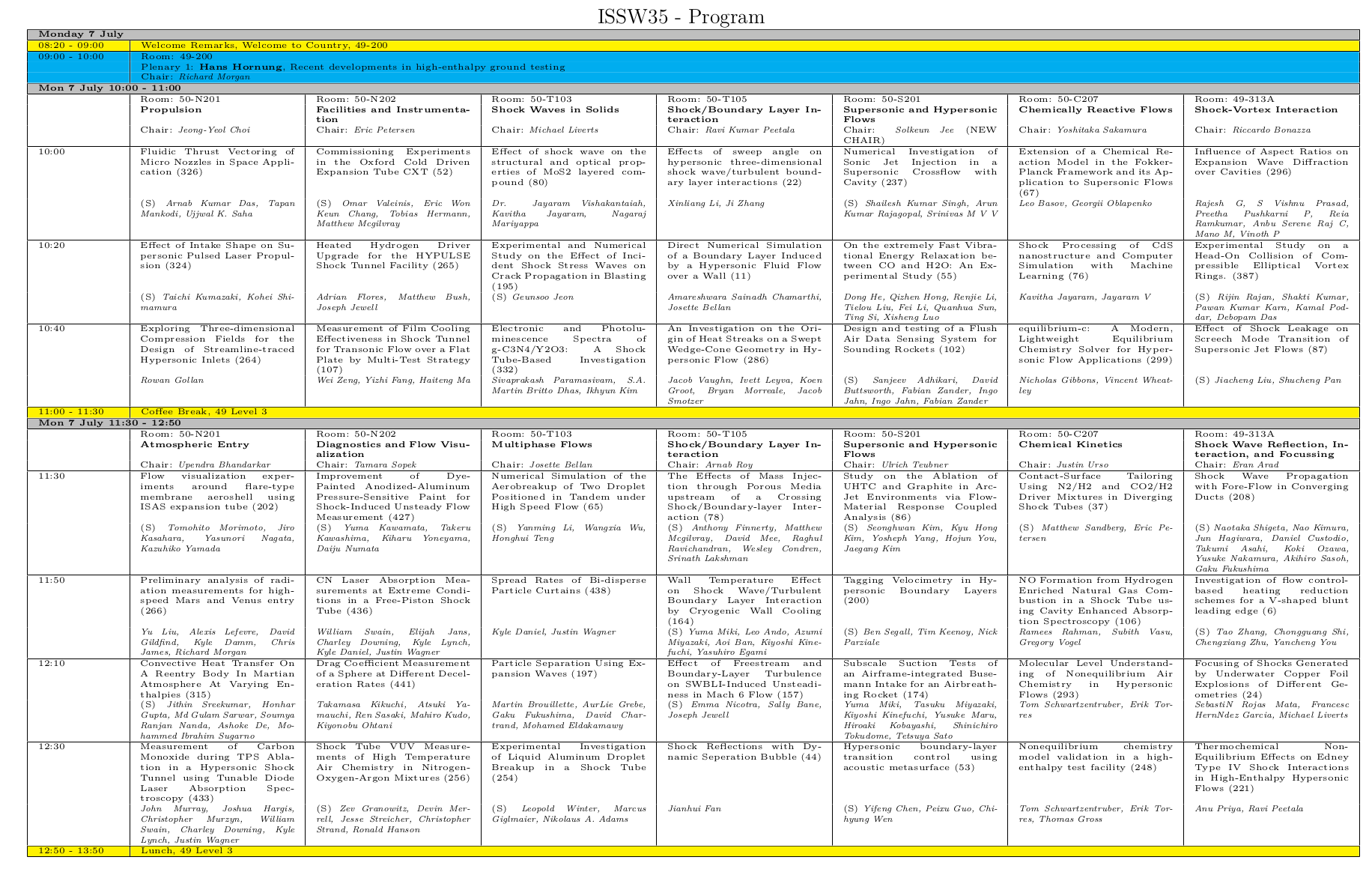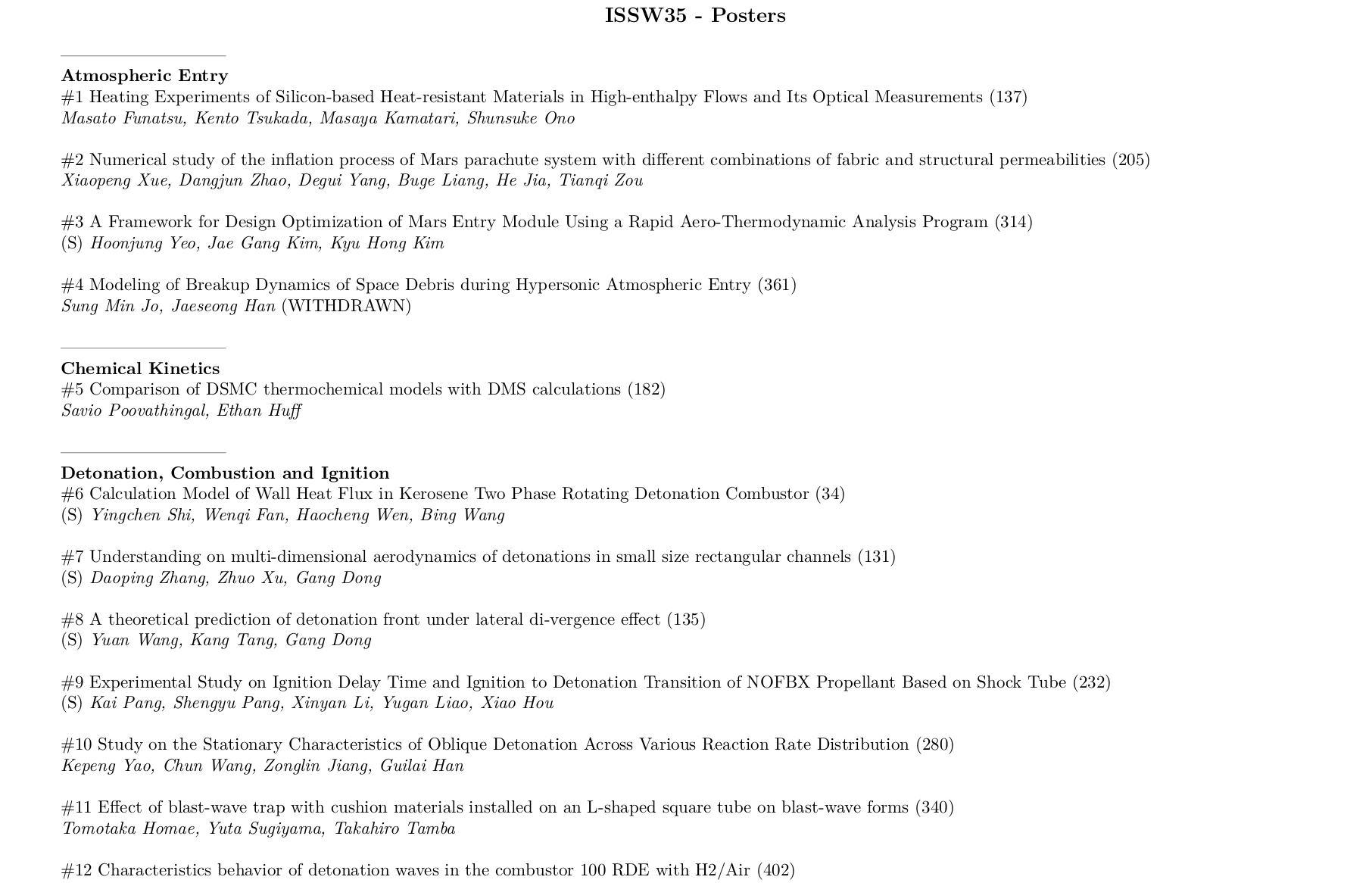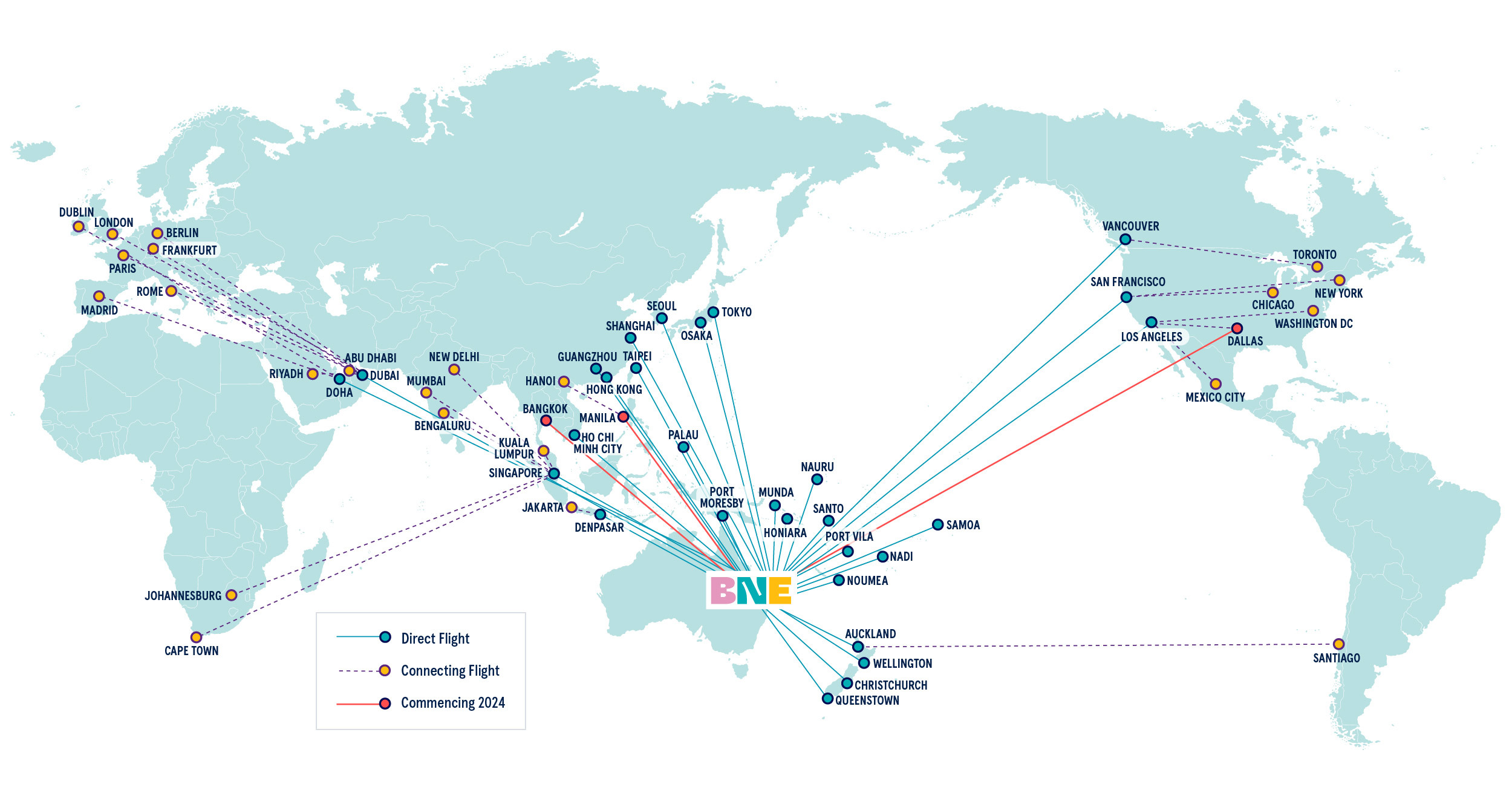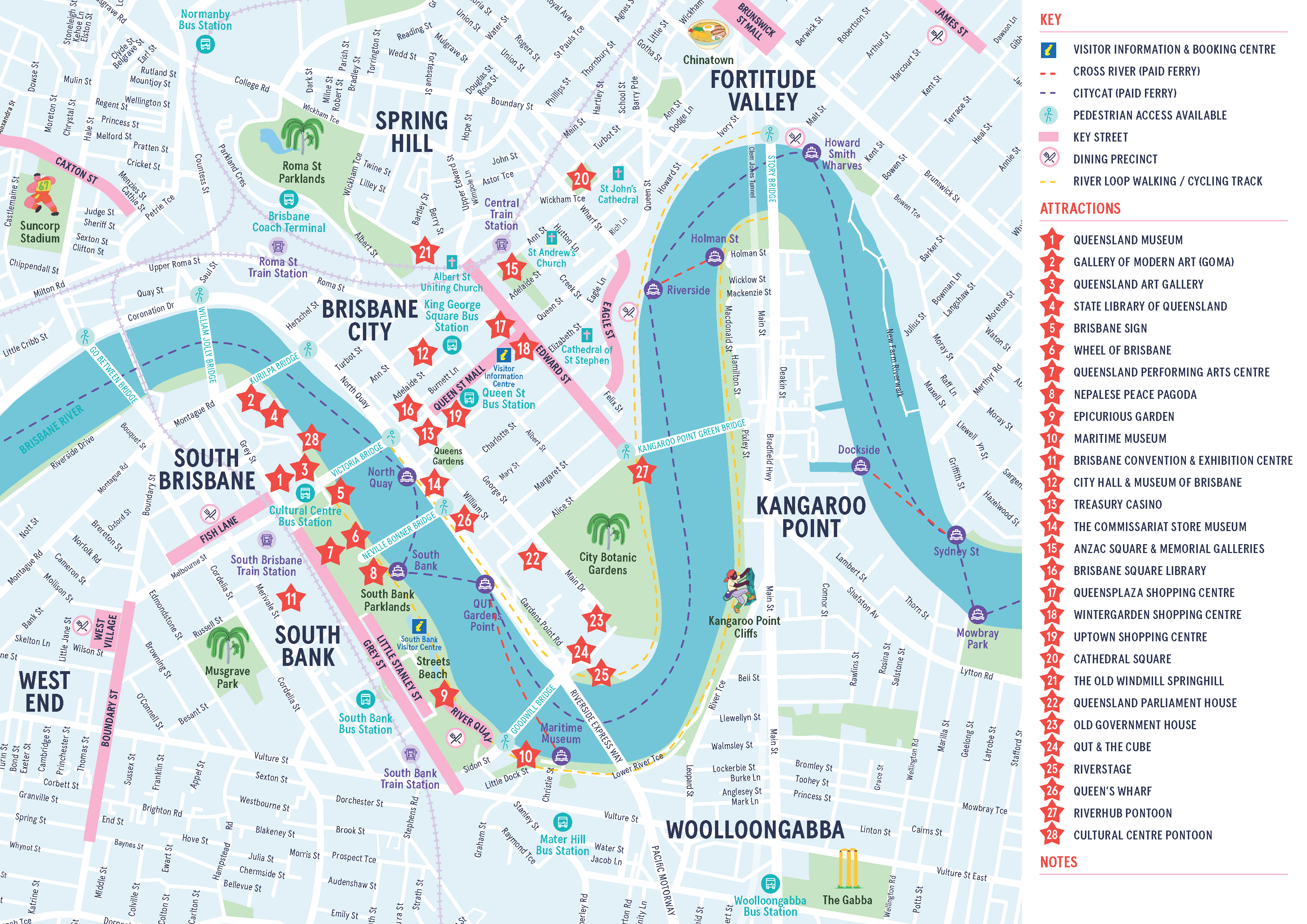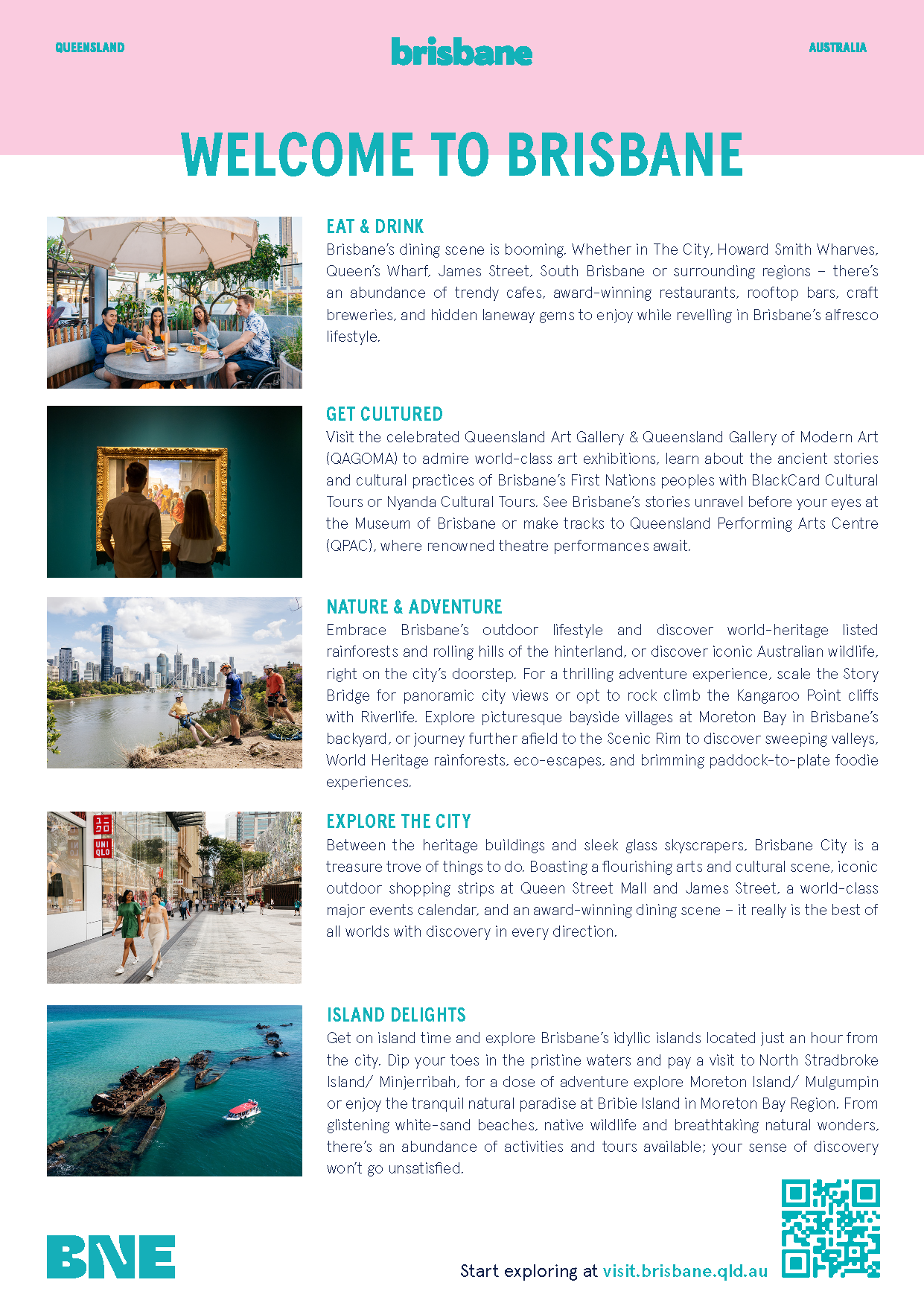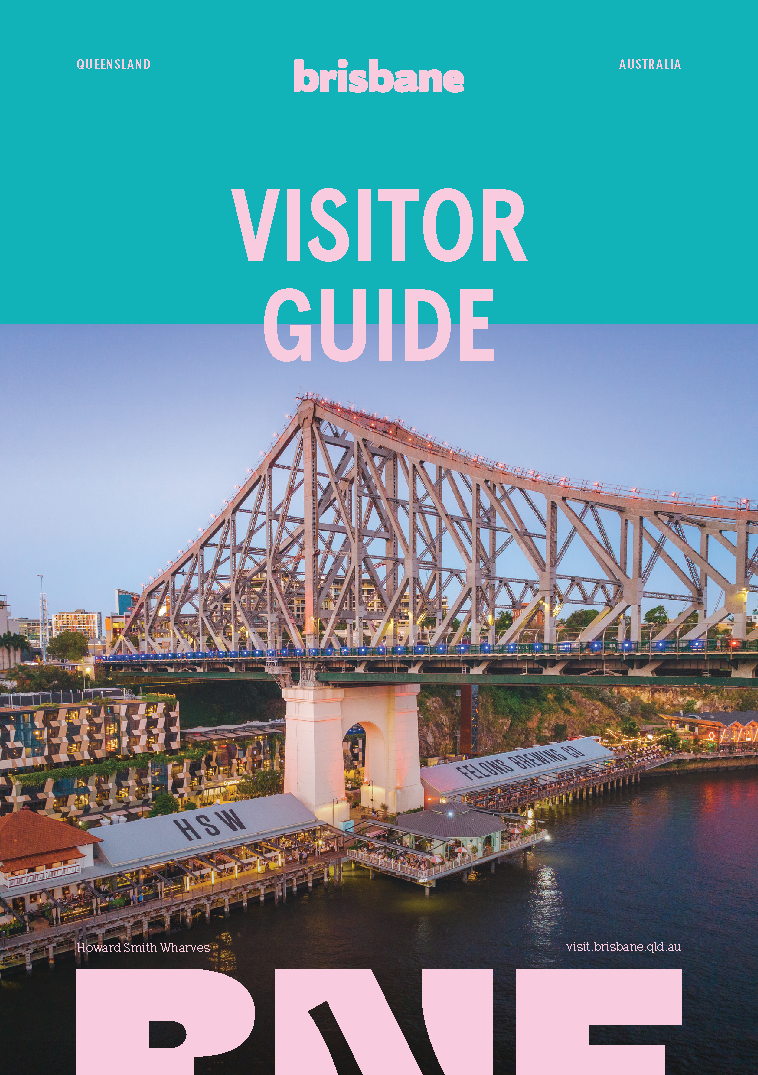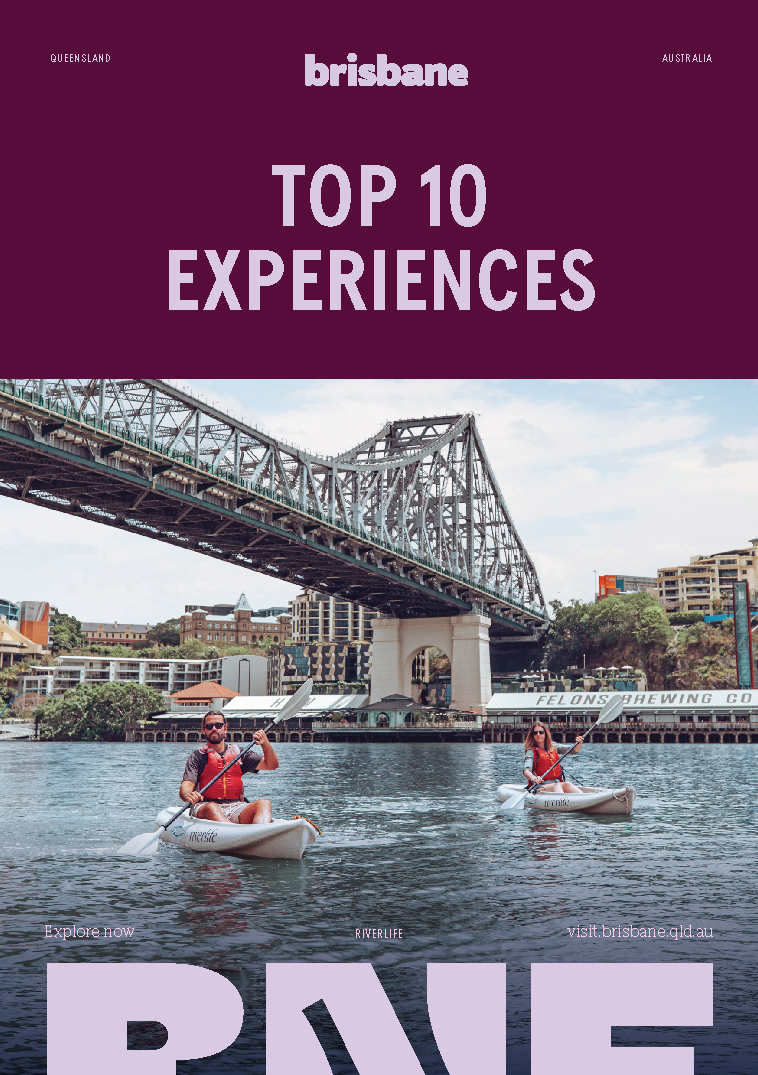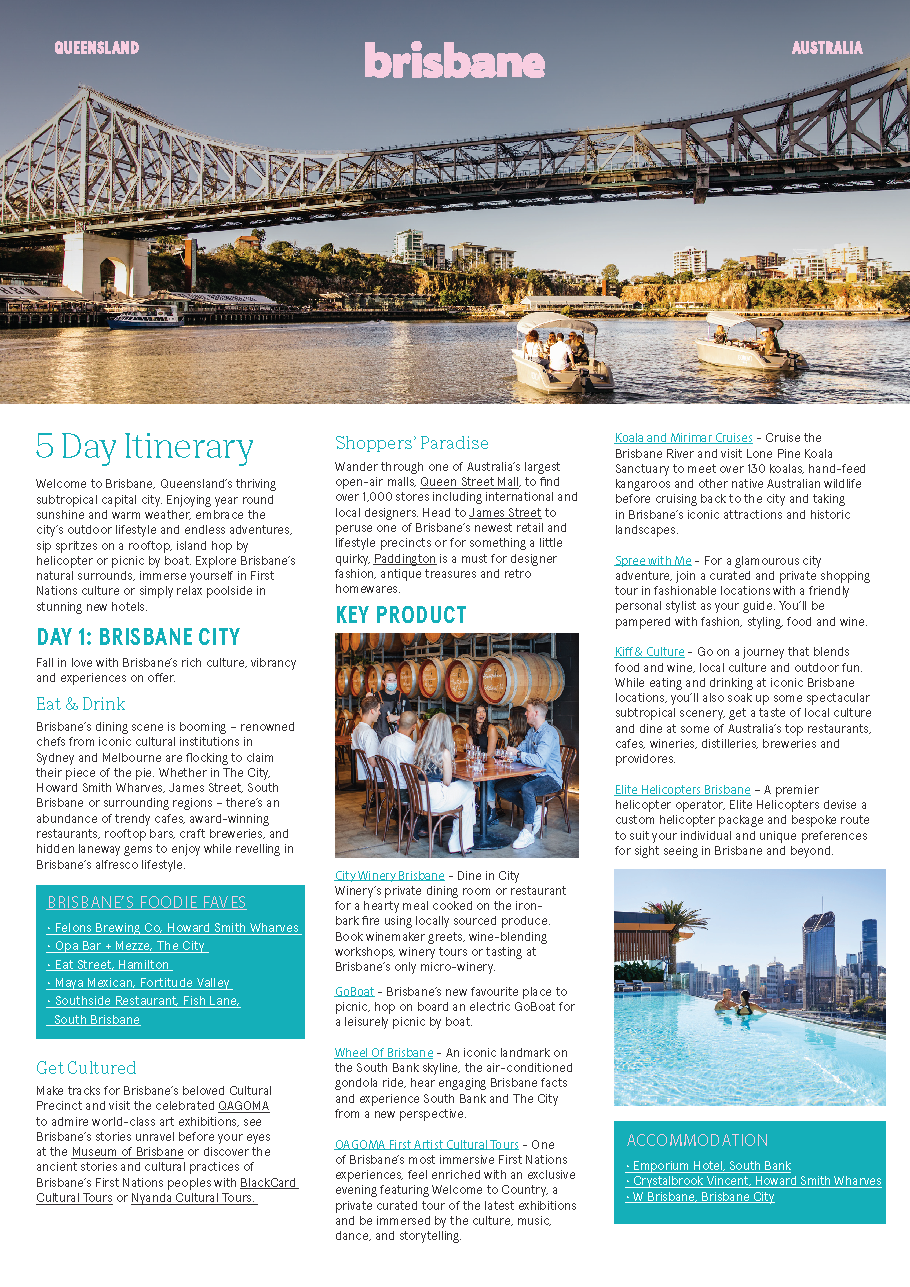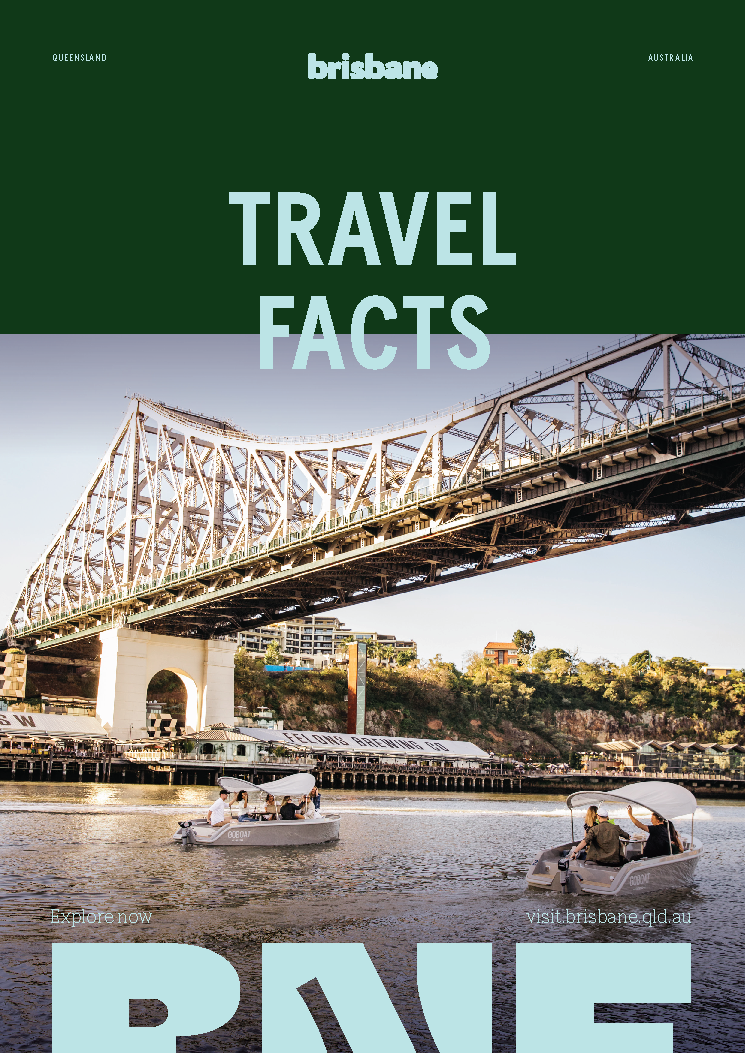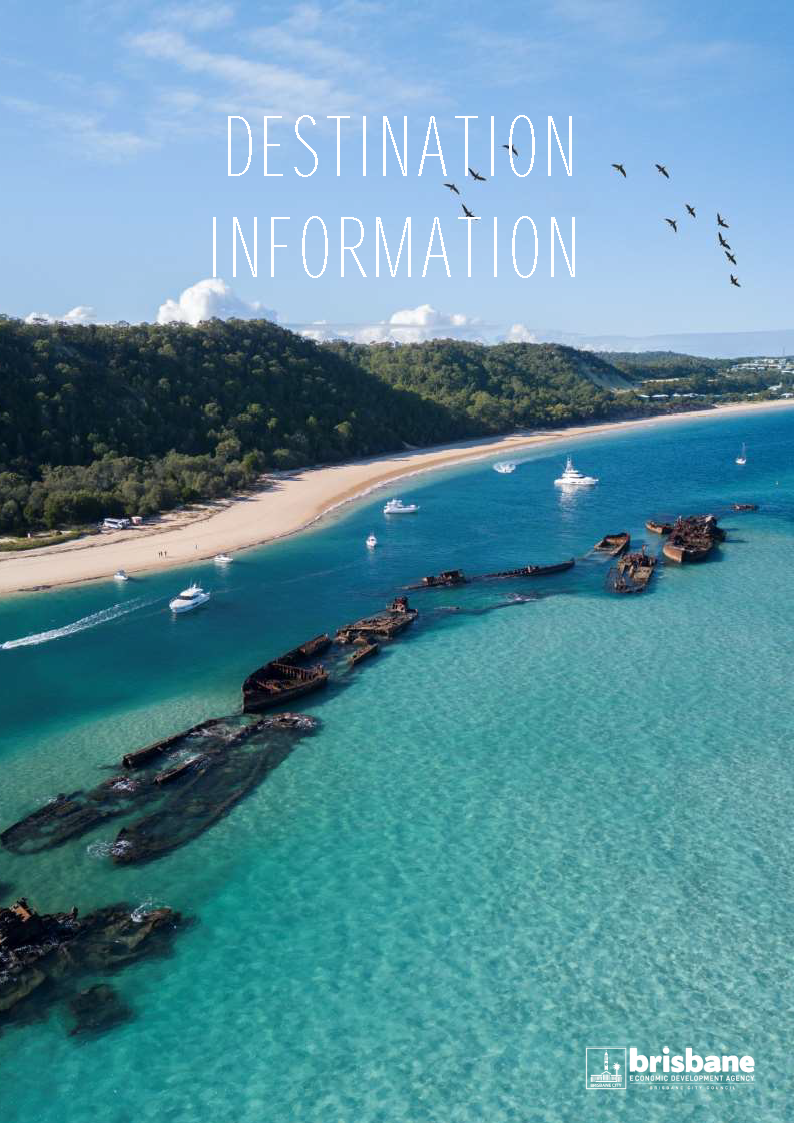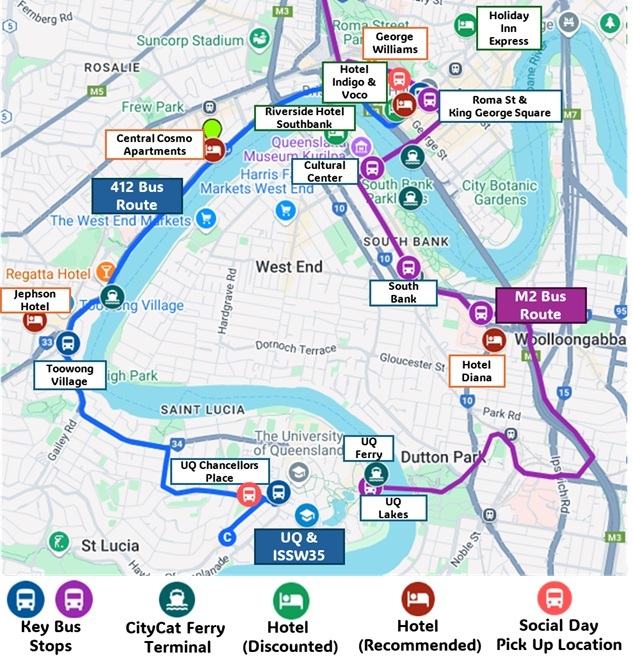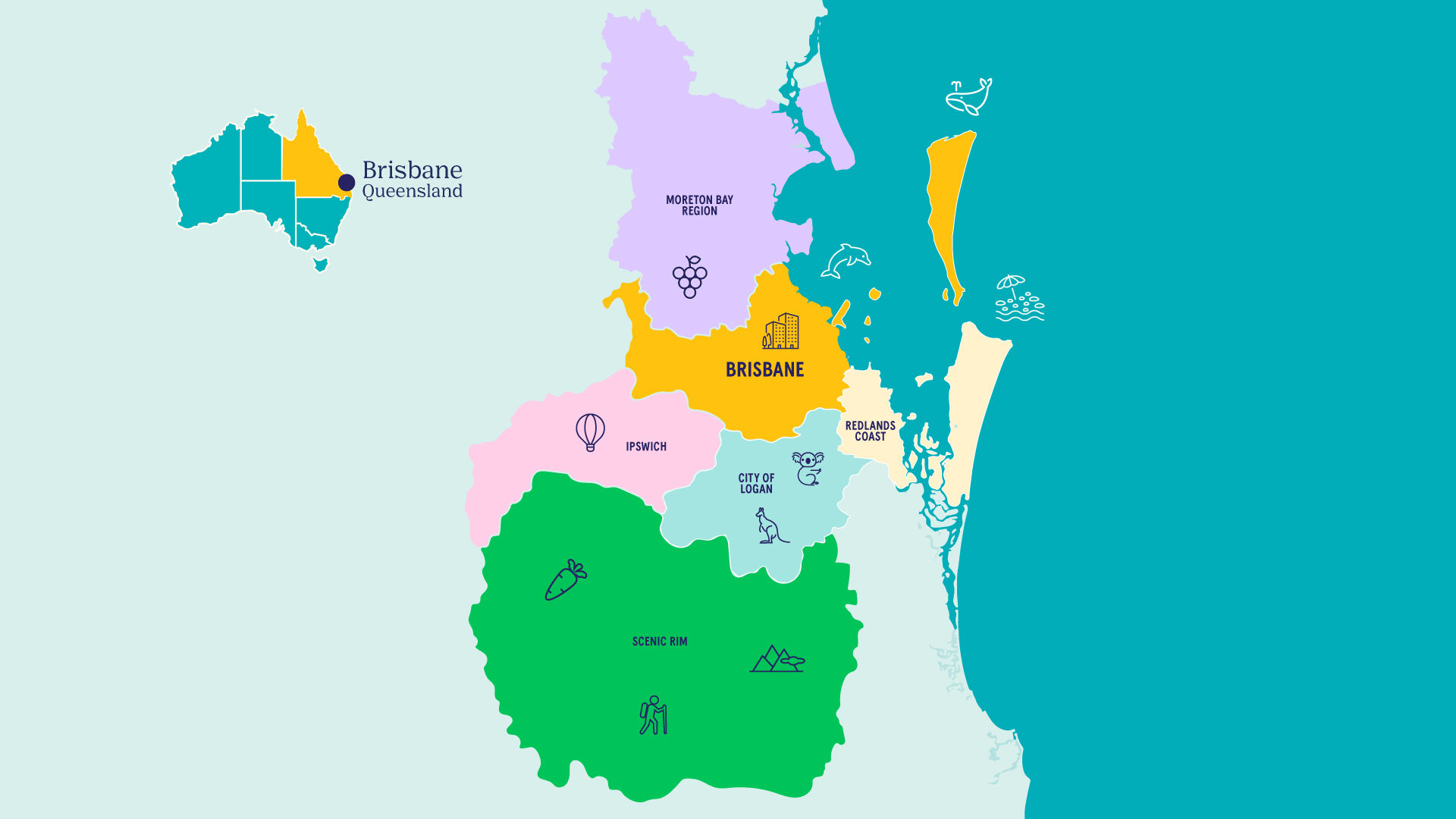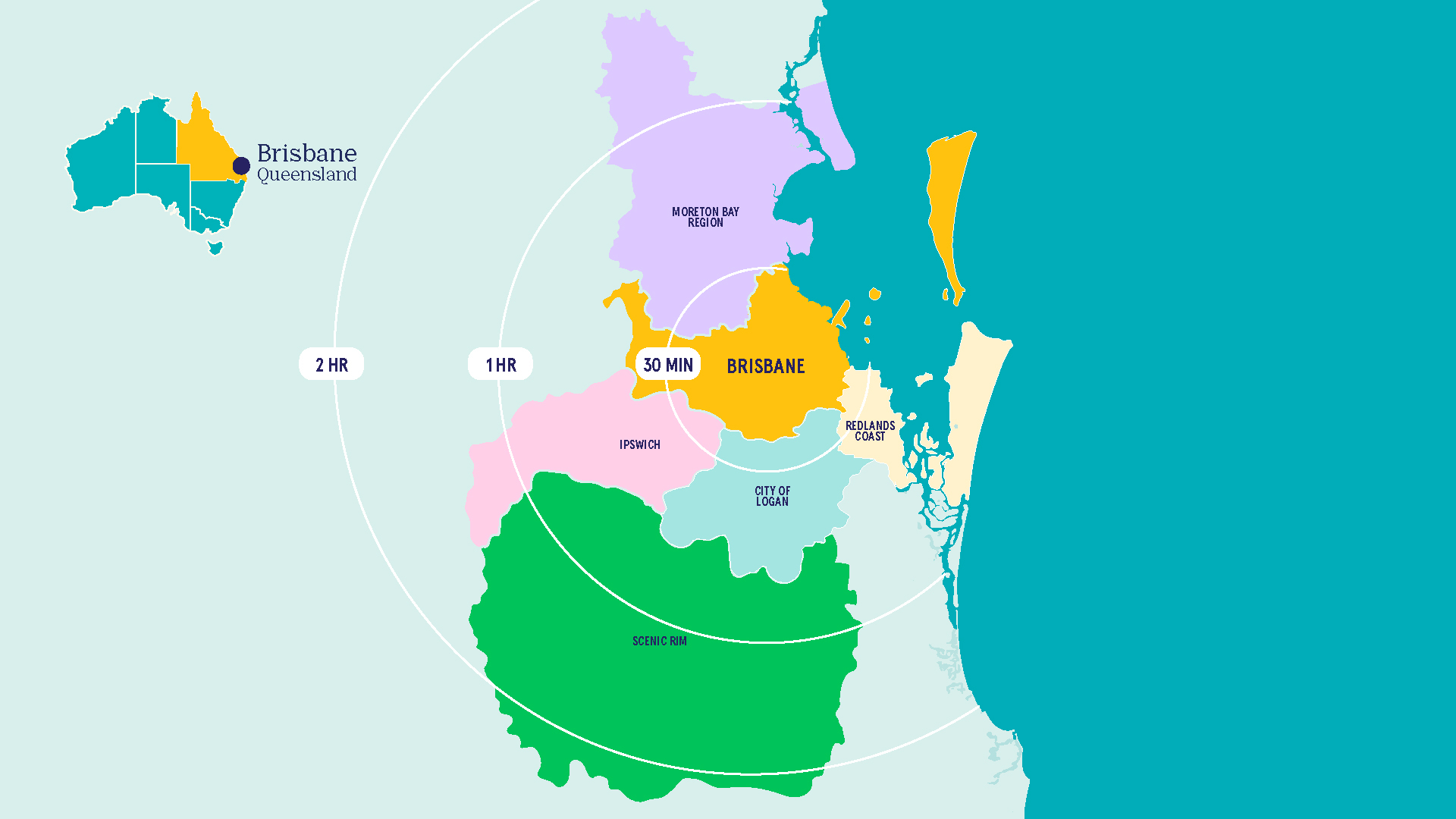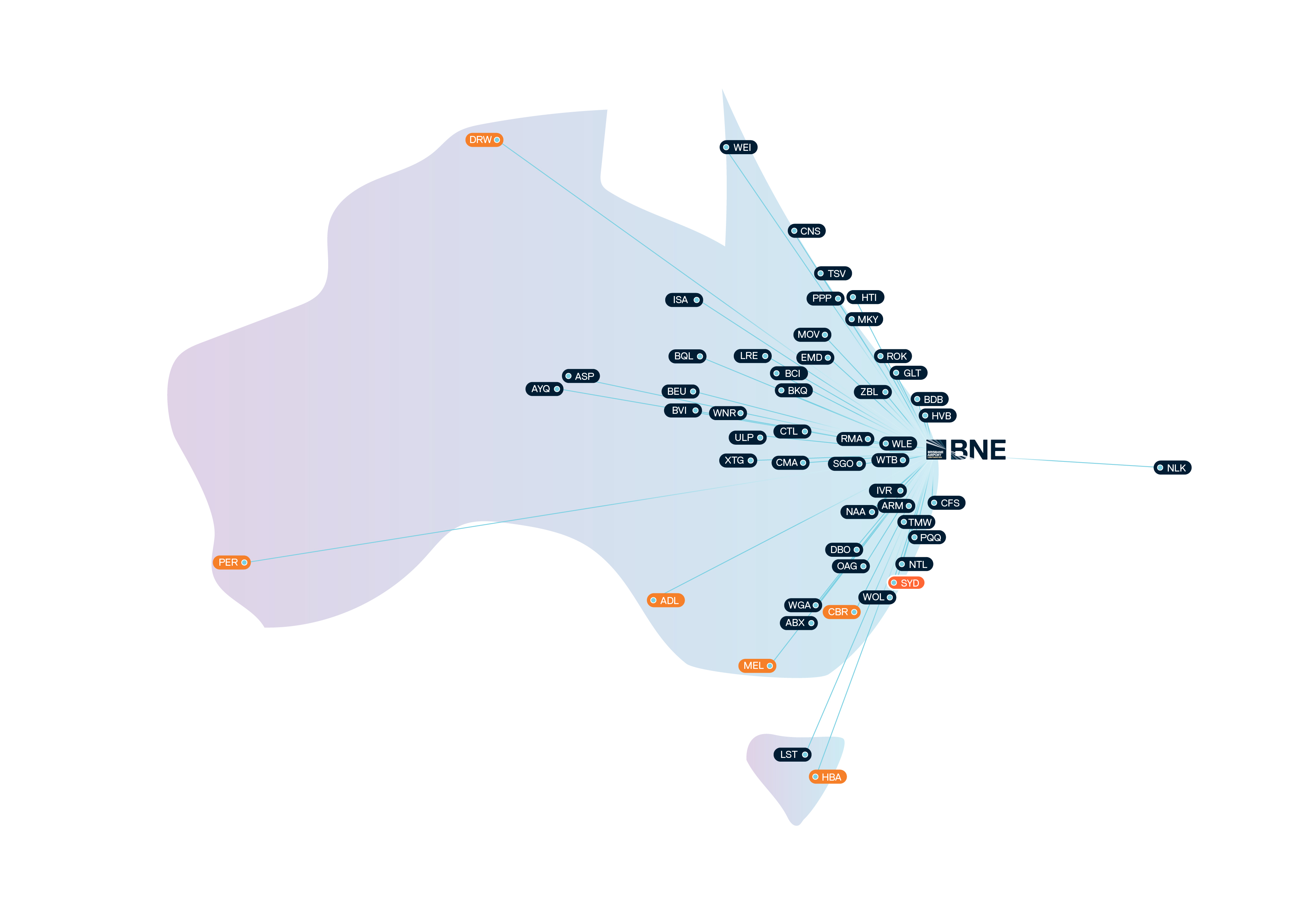ISSW35: Shock Waves Down Under. 5-14 July 2025
The chairs of the 35th International Symposium on Shock Waves (ISSW35) are proud to be hosting the 2025 session of the Shock Waves Symposia ‘Shock Waves Down Under’. The main event will be held on the St Lucia Campus of The University of Queensland from July 6 to 11. It will be preceded by a one day workshop on Saturday 5 July on shock tube technology on the UQ Campus, and followed by one day workshops on wind tunnel free-flight testing and re-entry emission signatures on the UniSQ Toowoomba campus on Monday 14 July. A full program of distinguished plenary speakers will present material on selected topics of special interest and relevance to current and future global activities. A program of activities for partner registrants will be organised during the week around popular local locations and infrastructure.
Papers are invited on any aspects of shock waves and the associated technologies, covering the full spectrum from fundamental studies to engineering, medical and commercial applications, and may encompass any form of analytical, numerical and experimental approaches and historical reviews. Sessions will be clustered into groups with closely related topics to facilitate constructive interaction between researchers with overlapping and complimentary subject matter. The list under the Call for Papers tab below indicates the provisional designation of the sessions, which follows closely those from previous meetings. The format may be adjusted depending on the distribution and scope of papers received. Authors whose topics fall outside the nominal range of the listed topics are still encouraged to submit abstracts, and session titles may be adjusted accordingly.
The timetable of events and the sequence for abstract paper submission, review and publication are listed to the right and a tentative draft conference program is listed in the Program at a Glance tab below. Student presentations will be especially welcome, as will entries from all ‘corners’ of the globe, subject to Australian visa requirements.
The Chairs of the Symposium hereby cordially invite submissions from and all and any who interact with the fascinating world of shock waves.
Co-Chairs of Shock Waves Down Under:
Richard Morgan, UQ
Harald Kleine, UNSW
David Buttsworth, UniSQ
About ISSW
The International Symposia on Shock Waves (ISSW) are the meetings of the scientific community devoted to the study and the use of shock-wave related phenomena and their applications. Since the inception of the ISSW in 1957, ISSW has served as an authoritative platform for the international scientific community to meet and exchange ideas on the study of shock-wave related phenomena and their applications. The ISSW is held once every two years, frequently at venues in close proximity to centres of activity in the field.
Shock waves are generated in various media such as gases, liquids, and solids, and are often accompanied by interesting yet complicated interactions. The extensive range of topics covered by the presentations at ISSW may be divided into numerous applications, such as combustion, high-speed flight, detonations, propulsion, physical chemistry, materials, medicine, biology, and geology; the use and development of devices and facilities that generate shock waves, such as shock tubes and shock tunnels, with the associated technology including measurement and diagnostic techniques, as well as fundamental studies such as reflection and refraction of shocks, their interaction with vortices, Richtmyer-Meshkov instabilities, chemical kinetics, and many other important phenomena.
The last ISSW was hosted in Daegu, South Korea in 2023 (https://www.issw34.org/).
ISSW is supported by the International Shock Wave Institute (ISWI) (https://iswi.jp/) and the ISSW International Advisory Committee.
Important work in the field of Shock Waves is chronicled in the journal Shock Waves (https://www.springer.com/journal/193).
Since the first ISSW in Boston, USA in 1957, ISSW has been hosted in all of the corners of the globe, generally every two years.
| No. | Year | City | Country |
|---|---|---|---|
| 1st | 1957 | Boston | USA |
| 2nd | 1958 | Palo Alto | USA |
| 3rd | 1959 | Fort Monroe | USA |
| 4th | 1961 | Aberdeen | Scotland? |
| 5th | 1965 | White Oak | USA |
| 6th | 1967 | Freiburg | Germany |
| 7th | 1969 | Toronto | Canada |
| 8th | 1971 | London | UK |
| 9th | 1973 | Palo Alto | USA |
| 10th | 1975 | Kyoto | Japan |
| 11th | 1977 | Seattle | USA |
| 12th | 1979 | Jerusalem | Israel |
| 13th | 1981 | Buffalo | USA |
| 14th | 1983 | Sydney | Australia |
| 15th | 1985 | Berkeley | USA |
| 16th | 1987 | Aachen | Germany |
| 17th | 1989 | Bethlehem | USA |
| 18th | 1991 | Sendai | Japan |
| 19th | 1993 | Marseille | France |
| 20th | 1995 | Pasadena | USA |
| 21st | 1997 | Great Keppel Island | Australia |
| 22nd | 1999 | London | UK |
| 23rd | 2001 | Fort Worth | USA |
| 24th | 2003 | Beijing | China |
| 25th | 2005 | Bangalore | India |
| 26th | 2007 | Gottingen | Germany |
| 27th | 2009 | St. Petersburg | Russia |
| 28th | 2011 | Manchester | UK |
| 29th | 2013 | Wisconsin | USA |
| 30th | 2015 | Tel Aviv | Israel |
| 31st | 2017 | Nagoya | Japan |
| 32nd | 2019 | Singapore | Singapore |
| 33rd | 2021 | Cancelled due to COVID19 (International Colloquium on Shock Waves held online instead) | Australia |
| 34th | 2023 | Daegu | Korea |
| 35th | 2025 | Brisbane | Australia |
Committees
Co-chairs:
| Professor Richard Morgan | The University of Queensland |
| Associate Professor Harald Kleine | The University of New South Wales |
| Professor David Buttsworth | The University of Southern Queensland |
Local Organising Committee:
| Dr Chris James | The University of Queensland |
| Dr David Gildfind | The University of Queensland |
| Dr Rowan Gollan | The University of Queensland |
| Professor Timothy McIntyre | The University of Queensland |
| Dr Tamara Sopek | The University of Queensland |
| Associate Professor Fabian Zander | The University of Southern Queensland |
| Associate Professor Ingo Jahn | The University of Southern Queensland |
| Dr Yu Liu | The University of Queensland |
| Dr Ramprakash Ananthapadmanaban | The University of Queensland |
| Mr Toby van den Herik | The University of Queensland |
| Mr Matthew Uren | The University of Queensland |
| Ms Daisy -May Joslyn | The University of Queensland |
| Mr Robert Hawken | The University of Queensland |
| Mr James Wallington | The University of Queensland |
International Advisory Committee:
| Nicholas Apazidis | Sweden |
| Elangannan Arunan | India |
| Joanna M. Austin | USA |
| Gabi Ben-Dor | Israel |
| Riccardo Bonazza | USA |
| Martin Brouillette | Canada |
| Bianca Capra | Australia |
| Kazuhisa Fujita | Japan |
| Sudhir Gai | Australia |
| Walter Garen | Germany |
| Victor Golub | Russia |
| Jagadeesh Gopalan | India |
| Abdellah | France |
| Ronald Hanson | USA |
| A. Koichi Hayashi | Japan |
| Hamid Hosano | Japan |
| Ozer Igra | Israel |
| Jeff Jacobs | USA |
| In-Seuck Jeung | Korea |
| Joseph S. Jewell | USA |
| Zonglin Jiang | China |
| Georges Jourdan | France |
| Valeriy Kedrinskiy | Russia |
| Boo Cheong Khoo | Singapore |
| Heuy Dong Kim | Korea |
| Harald Kleine | Australia |
| Konstantinos Kontis | UK |
| Irina Krassovskaya | Russia |
| Stuart Laurence | USA |
| Seokbin Lim | USA |
| Achim Loske | Mexico |
| Frank Lu | USA |
| Xisheng Luo | China |
| Hiroki Nagai | Japan |
| Kazuo Maeno | Japan |
| Matthew McGilvray | UK |
| David Mee | Australia |
| Richard Morgan | Australia |
| Christian Mundt | Germany |
| Rho Shin Myong | Korea |
| Charles Needham | USA |
| Marianne Omang | Norway |
| Gisu Park | Korea |
| Randall Paton | South Africa |
| Allan Paull | Australia |
| Eric L. Petersen | USA |
| Oren Sadot | Israel |
| Yoshitaka Sakamura | Japan |
| Akihiro Sasoh | Japan |
| Friedrich Seiler | Germany |
| Kazuyoshi Takayama | Japan |
| Evgeny Timofeev | Canada |
| Setoguchi Toshiaki | Japan |
| Zbigniew Walenta | Poland |
| Minoru Yaga | Japan |
Conference Location Information
ISSW35 will be held at UQ's St Lucia Campus in downtown Brisbane, Australia.The map below shows the location of the UQ Campus compared to the Brisbane city and the Brisbane Airport.

The conference Welcome Reception will be held at the Dr Mary Mahoney AO Ampitheatre at the UQ Lakes from 2PM to 5PM in the afternoon on Sunday the 6th of July 2025.

The main conference will be held between two buildings at UQ: the Advanced Engineering Building and the Hawken Engineering Building, with the first day of the conference beginning in the Advanced Engineering Building at 8:20 AM on Monday the 7th of July (with time for Registrations before this if needed).
The UQ Short Course will be held in UQ's Hawken Engineering Building on Saturday the 5th of July 2025 starting from 9:20AM (with registrations beforehand beginning at 8:30AM).
A map of the UQ campus showing these locations can be found below. Individual maps of the Advanced Engineering Building and Hawken Engineering Buildings shown below the campus map.
Presentation Upload Instructions
Presenters are required to upload their presentation to a secure portal. The local organising team will pre-load the presentation computer in the session rooms in advance of presenters' talks.
This will be difficult to accommodate at last minute, so we ask presenters to upload their presentation at the latest the evening before their talk.
- Prepare presentation as a single file such as PDF, PPTX or zip. Please limit to 100 MB.
- Check on your paper number. Its required so we can link your presentation to your speaking slot.
- On the evening before your talk at the latest, upload your presentation file at:
https://theuniversityofqueensland-2.snapforms.com.au/form/issw35-presentation-upload
The reason we are asking presenters to use an upload portal is because we are not permitted to accepts USBs or laptops from delegates on the university IT systems.
If you encounter any difficulties, please find a member of the local organising team or email: issw35@uq.edu.au
The upload link can also be found using the following QR code:
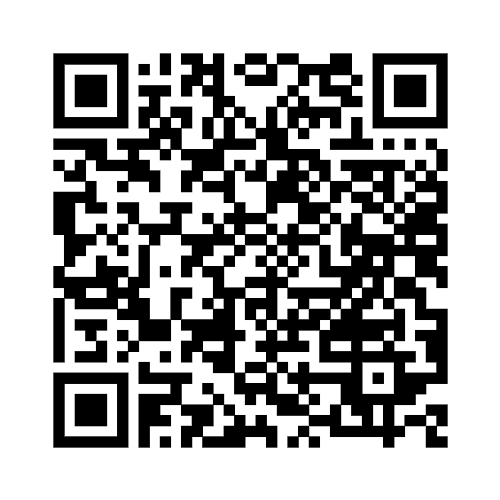
Plenary Speakers
The distinguished plenary speakers which we have selected for ISSW35 can be found below:
The Ray Stalker Lecture
Emeritus Professor Hans Hornung 
California Institute of Technology
Former director of GALCIT - Graduate Aerospace Laboratories
Recent developments in high-enthalpy ground testing
Abstract:
Since this is the Stalker Lecture, I will begin by reminiscing about the golden decade during which the team Stalker, Sandeman, Hornung collaborated at ANU. Then I will outline four selected advances in the use of free-piston-driven shock tunnels. Each of these has improved features of their utility. One has even shown high-enthalpy facilities to be applicable to the study of problems for which, in the early days, we had never thought they could be used.
Bio:
Hans G. Hornung received a B.Mech.E. (1960) and a M.Eng.Sci. (1962) degree with honours from the University of Melbourne and a Ph. D. (1965) in Aeronautics from Imperial College, London. He worked at the Aeronautical Research Laboratories, Melbourne (1962-63, and 1965-67), and on the faculty of the Physics Department of the Australian National University (1967-80), with a sabbatical year as a Humboldt Fellow in Darmstadt, Germany, 1974. In 1980 he accepted an offer to head the Institute for Experimental Fluid Mechanics of the DLR in Göttingen, Germany. He was appointed director of the Graduate Aeronautical Laboratories at Caltech in 1987. He is Emeritus since 2005. He made contributions in gasdynamics, notably in Mach reflection and high-enthalpy real-gas effects, in separated flows, and in wind tunnel technology. Honors and awards include election to the Royal Swedish Academy of Engineering Science, the US National Academy of Engineering, award of the Ludwig Prandtl Ring of the German Aerospace Society (DGLR), the ICAS von Karman Award for international cooperation in aeronautics, the AIAA Fluid Dynamics Award, and the AIAA Hypersonic Systems and Technologies Award. He received a D.Sc. honoris causa from the ETH Zurich. He is a fellow of the Royal Aeronautical Society, of the American Institute of Aeronautics and Astronautics, of the American Association for the Advancement of Science of the Australasian Fluid Mechanics Society and of the International Shock Wave Institute.
The Irvine Glass Lecture
Associate Professor Sally Bane
Purdue University
Director of Laboratory & Hands-On Education in the School of Aeronautics and Astronautics
Advancements in Active Control of Shock Wave/Boundary Layer Interaction
Abstract:
Shock wave/boundary layer interactions (SWBLI) remain a critical challenge in high-speed aerodynamic applications, often leading to flow separation, increased drag, and unsteady loading. This presentation reviews recent advancements in active control of SWBLI, beginning with established techniques and then exploring emerging plasma-based methods, which offer fast response times, low mass addition, and the potential for real-time flow adaptation. Experimental and computational studies demonstrating the efficacy of various plasma actuator configurations will be highlighted, including ongoing work using pulsed plasma actuators at Purdue University. The talk aims to synthesize key findings, identify remaining challenges, and outline future directions for integrating plasma-based control into practical high-speed flow systems.
Bio:
Sally Bane is an Associate Professor and the Director of Laboratory & Hands-On Education in the School of Aeronautics and Astronautics at Purdue University. She received her BS in Aerospace Engineering from the University of Virginia and her MS and PhD in Aeronautics from the California Institute of Technology. Dr. Bane’s research interests span a broad range of problems in plasmas, high-speed flows, and combustion. She is a founding member of Purdue’s Cold Plasmas Preeminent Team, an interdisciplinary cohort of faculty studying nonequilibrium plasmas for a wide range of engineering and scientific applications. Dr. Bane’s plasma research focuses on ultra-fast plasma spectroscopy, plasma-induced flow diagnostics, and plasma flow and combustion control. She received an AFOSR Young Investigator award to study high-pressure plasma-assisted combustion and continues to explore ways to use plasma-based actuators to control high-speed aerodynamic flows and turbulent combustion. Dr. Bane is also involved in hypersonics research at Purdue, focusing on non-intrusive optical diagnostics for accurate measurements of high-speed turbulent flows and active control of boundary layers and shock wave/boundary layer interaction.
The Paul Vieille Lecture
Professor Matthew McGilvray
The University of Oxford
Head of the Oxford Hypersonics Group
Development, experiments and a-posteriori modelling of shock tubes
Abstract:
The shock tube is an experimental facility used to explore fundamental physics of shock waves and to assist in the development of engineering systems. The shock tube was developed in the 1890's by Paul Marie Eugene Vieille to understand shock wave phenomena for explosives, leading to the first experimental verification of the mathematical theory of Riemann and Hugoniot on the existence of shock waves. Although the shock tube was simple in its conception, it has stood the test of time as a useful and flexible tool for scientists and engineers. This talk will describe the conception, development and commissioning of the Oxford free-piston driven T6 multi-mode shock tunnel facility, which ran its first test in 2017. An overview will be provided of key experiments and development of new experimental techniques in the T6 shock tube. Finally, an overview will be given of the novel and computationally efficient numerical methods developed in Oxford for a-posteriori modelling of shock tubes and their application to shock tube experiments.
Bio:
Matthew McGilvray is a Professor of Engineering Science at the University of Oxford. Matthew studied at the University of Queensland for both his Bachelors (2003) and PhD (2008) in aerospace engineering. Professor McGilvray has established two research groups at Oxford, focussed on particle deposition in turbomachinery and high-speed aerothermodynamics. Professor McGilvray heads the UK Centre of Excellence in Hypersonics Science and Technology. Professor McGilvray led the development of multiple large scale hypersonic wind tunnels, including the Oxford High Density Tunnel and the Oxford T6 Stalker Tunnel, as part of the UK’s National Wind Tunnel Facility. Professor McGilvray was awarded the Royal Academy of Engineering/MoD Research Chair in Hypersonic vehicles in 2021.
Professor Vincent Wheatley
The University of Queensland (UQ)
Co-Director of UQ's Centre for Hypersonics
Development of an accelerator scramjet for access-to-space
Abstract:
System level studies have shown that utilizing hypersonic air-breathing propulsion to power launch vehicle stages could lead to a more economical and flexible access-to-space system. The three-stage rocket-scramjet-rocket system that emerged from these studies requires a fixed geometry accelerator scramjet capable of providing thrust from approximately Mach 5 to 10. While scramjets have successfully operated over small Mach number ranges, physically realising such an accelerator scramjet requires major challenges to be overcome. These include: the design of an efficient inlet that produces acceptable combustor entry conditions over the entire trajectory; the ability to initiate and hold efficient dual-mode combustion at the low end of the trajectory without the aid of physical flame holders that would compromise high Mach number operation; and achieving the exceptional combustion efficiencies required to overcome losses during high Mach number operation. The multi-decade effort at the University of Queensland to overcome these challenges will be presented, along with experimental validation of the resulting accelerator scramjet at the mid-point of its trajectory, and computational predictions of its performance at the extremes.
Bio:
Professor Vincent Wheatley is co-Director of the Centre for Hypersonics at the University of Queensland. He obtained his PhD in Aeronautics from the California Institute of Technology in 2005. Vincent is an expert in the computational, experimental and theoretical modelling of supersonic gas and plasma flows. His most significant research contributions have been on overcoming the challenges facing accelerator scramjets and the magnetic suppression of shock driven instabilities in fusion plasmas. Vincent has led experimental research projects in UQ’s T4 Shock Tunnel ranging from fundamental experiments on porous fuel injection and boundary layer combustion to the testing of complex-geometry scramjet engines. In 2018, he was named Australia’s Research Field Leader in Aviation and Aerospace Engineering. He also received the 2017 Australian Award for University Teaching - Award for Teaching Excellence (Physical Sciences and Engineering) and has supervised 14 PhD students to completion, with all moving on to research careers in industry, government or academia.
Professor Sean O'Byrne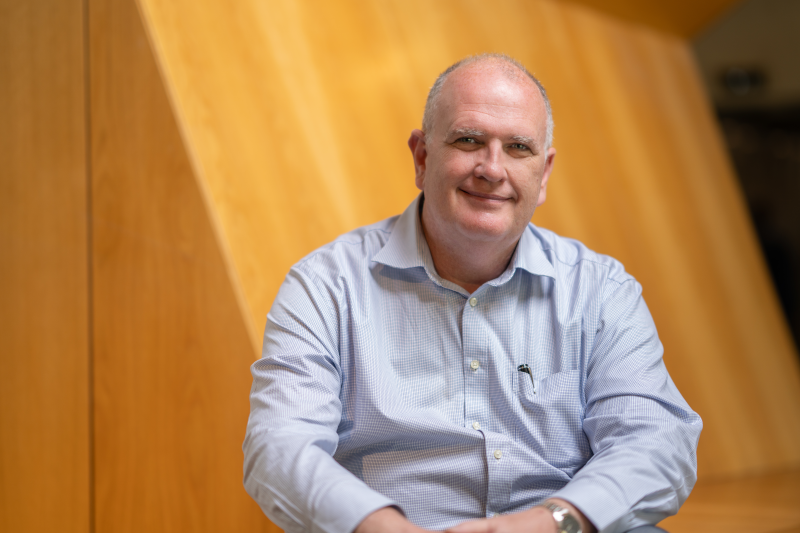
Australian National University
Professor and Cluster Lead, Aerospace
Nonintrusive Diagnostics for High-Speed Flight Tests
Abstract:
Laser diagnostics have consistently demonstrated their utility in a laboratory environment since the 1960s, but have been relatively rare in flight tests, where the emphasis is still very much on surface measurements. There are a number of flow properties associated with in-flow turbulence, rarefied gas behaviours and internal energy modes of molecules that are best investigated with laser-based or other types of non-intrusive flow diagnostic techniques and that need to be investigated in a flight environment for comparison with ground-based tests. The speed and accuracy of these methods also show their value as sensors in engine or vehicle control systems. This lecture will discuss some actual and potential flight test diagnostic experiments, and some of the valuable information they can potentially provide.
Bio:
Sean O’Byrne is professor of Aerospace Engineering in the ANU School of Engineering in the College of Engineering, Computing and Cybernetics. He received his BSc degree in Physics at the University of New England and his Masters and PhD degrees in Physics at the Australian National University before working in engineering research. Since graduating and before moving back to ANU in late 2023, he has worked at NASA Langley Research Centre and at the University of New South Wales, Canberra on the application of sensing technologies to engineering applications. He has a particular interest in hypersonic and rarefied flows, in particular when dealing with nonequilibrium effects in these flows.
Professor Oren Pete l
l
Carleton University
Head of the Impact Dynamics Research Group
Advances in experimental methodologies to investigate blast and impact trauma
Abstract:
Blast- and impact-induced head trauma may result in neurodegeneration that has been linked to devastating health outcomes. While protective equipment is designed to reduce the risk of injury, the primary mechanisms and critical thresholds responsible for such injuries remain unresolved. The research in my lab has focused on the development of new experimental tools and techniques to advance injury evaluation methodologies. This research program seeks to fill a number of knowledge gaps in the field of injury biomechanics surrounding impact trauma. Our primary focus has been the advancement of time-resolved in situ measurement techniques using our custom high-speed X-ray imaging system, and the development and validation of advanced head surrogates for blast and impact trauma. Our multidisciplinary research approaches have included a series of ex vivo and in vitro studies combining mechanical and histological investigations in an effort to resolve injury mechanisms and thresholds. In this presentation, I will provide a high-level overview of our injury biomechanics research and how it aims to bridge shock physics and the broader injury biomechanics field.
Bio:
Oren Petel is a Professor at Carleton University in Ottawa, Canada. Prior to joining Carleton University in August 2013, he completed his PhD research at McGill University, where his focus was condensed phase detonation, terminal ballistics, and shock wave physics. Much of his current work is related to the dynamic response of multiphase protective materials and technologies, as well as the development and use of novel diagnostic capabilities for injury biomechanics investigations under blast and impact loading. His group has developed several polymer nanocomposite materials that improve the ballistic performance of multilayer transparent armour and pelvic/extremity undergarment systems against environmental debris from improvised explosive devices. He was a guest editor for a two-part special thematic issue on blast-induced traumatic brain injury published in the journal Shock Waves. In 2023, he received the US Army’s Honorary Award for Science for his contributions to soldier protection.
Professor Ivett Leyva
Texas A&M University
Head of the Aerospace Engineering Department
Hypersonics fundamental research: perspectives from a former program officer and a current professor and department head doing research on the origin of heat streaks on hypersonic canonical geometries
Abstract:
In this brief I will talk about my perspectives on hypersonic fundamental research from my experience as a former program officer for the Air Force Office of Scientific Research at the Air Force Research Lab from the US Air Force. Then, a recent area of my research will be discussed. In the last decade, there have been observations of center heat streaks on swept geometries like HiFIRE5. The observations have been numerical, experimental and in flight. The exact origin of the heat streaks has not been studied independently. It is likely that the heat streaks are a combination of factors like the geometry itself (swept) and shock curvature. My research group has created a set of swept wedges and analyzed them numerically and experimentally. The team is aiming to measure and isolate the effects of shock curvature, swept geometry, and natural instability modes on the heat streaks. The ongoing results will be discussed.
Bio:
Ivett A. Leyva has been the head of the Department of Aerospace Engineering at Texas A&M University, which has about 1000 students and 48 faculty members, since September 2021. Previously, she was at the Air Force for 15 years. Her last assignment was as the Program Element Monitor for Munitions and Hypersonics (S&T) at the Air Force, Headquarters. Prior to that, she was the program officer for Hypersonic Aerodynamics at the Air Force Office of Scientific Research, AFRL and before that she was a researcher at the AFRL Rocket Lab working on liquid rocket instabilities. Her technical expertise is in hypersonic aerodynamics and liquid rocket engines. Ivett holds a bachelor’s, master’s and doctoral degree from Caltech. Her Ph.D. was in Aeronautics. Ivett has six patents and has authored numerous papers and two book chapters. She is a fellow of the American Institute for Aeronautics and Astronautics and the Air Force Research Laboratory, a National Associate of the National Research Council of the National Academies, and a recipient of a Civilian Achievement Medal and two meritorious Civilian Service Awards and Medals from the Air Force.
Professor Hideyuki Tanno
Japan Aerospace Exploration Agency (JAXA)
Former manager of the JAXA-HIEST (High-Enthalpy Shock Tunnel)
Insights and Applications from high-enthalpy Shock Tunnel Studies
Abstract:
This presentation explores key experimental advancements achieved using the High-Enthalpy Shock Tunnel HIEST at JAXA, which enables testing under conditions simulating low Earth orbit reentry by achieving up to 25 MJ/kg stagnation enthalpy and 150 MPa stagnation pressure. Originally developed for studying aerodynamic stability of winged reentry vehicles, HIEST has since supported broader research into scramjet propulsion and hypersonic cruise systems. A major contribution is the development of a novel free-flight measurement technique using onboard accelerometers, which enabled unprecedentedly accurate determination of pitching moments in real-gas hypersonic flows. Furthermore, HIEST has contributed significantly to understanding boundary-layer transition under high-enthalpy conditions, demonstrating enthalpy-induced delays in disturbance growth, especially in Mack-mode instabilities. These insights highlight the importance of oxygen dissociation in transition phenomena. Another key finding addresses the anomalously high heat flux observed in shock tunnel tests, which was traced to radiative heating by trace metal atoms in high-enthalpy flows, complicating CFD validation. HIEST’s capability to test large-scale models has been instrumental in uncovering these effects. Despite these achievements, challenges remain in applying aerodynamic stability data to vehicle design, correcting radiative anomalies, clarifying delayed transition mechanisms, and improving mixing for scramjet combustion. Overall, the talk emphasizes how empirical research in high-enthalpy flows informs future aerospace vehicle design and calls for further innovation to realize next-generation hypersonic technologies.
Bio:
Hideyuki Tanno received his Ph.D. in Mechanical Engineering from Tohoku University in 2005. From 1996 to 1998, he served as a visiting researcher at the University of Queensland, where he conducted research on friction drag in scramjet combustors. His primary research projects include re-entry vehicles and Japan's asteroid sample return missions, Hayabusa1 and Hayabusa2. For both missions, he conducted spectroscopic measurements of fireballs from the stratosphere aboard NASA aircraft. In addition, he pursues fundamental research on hypersonic boundary-layer transition, aerodynamic heating, supersonic combustion, and rotating detonation engines. He currently serves as a board member of the Japan Society for Aeronautical and Space Sciences, a visiting professor at Tohoku University, and a senior researcher at JAXA-HIEST (High-Enthalpy Shock Tunnel).
Short Course and Workshop Details
Short Course on Hypersonic Shock Tunnel Experimentation and Modelling
Saturday 5 July, the University of Queensland
Location: Building 50 Hawken Engineering Building - T203
UQ's Centre for Hypersonics (CfH) is a world leader in hypersonic shock tunnel experimentation with more than 40 years of experience. The CfH has a critical mass of hypersonics knowledge across many different fields including scramjet combustion, planetary entry, and hypersonic transition. The CfH operates several well known high enthalpy test facilities and also develops and uses the lmr hypersonic CFD code for simulating hypersonic flows and hypersonic impulse facilities.
This short course will be a unique opportunity for conference participants to learn about hypersonic shock tunnel facilities from the experts in the CfH while the ISSW conference is here in Brisbane. It will be aimed at non-experts in hypersonic shock tunnel testing but will hopefully have something of use for everyone whether you are a first year experimental hypersonics PhD student, a shock tunnel expert, or you focus on supersonic or hypersonic simulations.
The course will be held on Saturday the 5th of July at the University of Queensland on the weekend before the main ISSW35 conference. The short course will have a nominal small fee to cover catering of the day and registration will be required to confirm numbers.
The short course will be broken up into four different sessions each taught by different subject matter experts from UQ’s CfH:
Session 1: An Introduction to Hypersonic Shock Tunnels and Expansion Tubes
Session 2: Optical Diagnostics in Hypersonic Shock Tunnels and Expansion Tubes
Session 3: Applications of Hypersonic Shock Tunnels and Expansion Tubes
Session 4: Numerical Modelling for Analysis of High Enthalpy Impulse Facilities
It is currently planned for the short course to run from 9AM to 5PM with lunch and two coffee breaks included.
Delegates will be able to register for this short course during their conference registration.
How the short course will run on the day can be found below:
Re-entry Emission Signatures Workshop
Monday 14 July, University of Southern Queensland, Toowoomba
The 'Re-entry Emission Signatures' workshop will be running as an extension to the main ISSW conference on Monday the 14th July 2025 at the University of Southern Queensland in Toowoomba, a two hour drive from Brisbane.
The objective of this is to bring together an international group of people working in this field for extended discussions around current capability and future opportunities.
The day will be split into two sections; in the morning different research groups will give short presentations on their current capabilities, status and research objectives. In the afternoon there will discussions around the technical bleeding edge of remote diagnostics and future observation opportunities which might be of interest.
Workshop on wind tunnel free-flight testing
Monday 14 July, University of Southern Queensland, Toowoomba
Conference Delegates with an interest in free-flight testing of models in ground facilities are encouraged to participate in this one-day workshop which will be held at the Toowoomba Campus of the University of Southern Queensland. The workshop will include a tour of the TUSQ hypersonic wind tunnel and it will also provide an opportunity to present and discuss recent developments, results and challenges in an informal environment. We will not be publishing any proceedings from this workshop. We will aim to define an agenda for the workshop in early June, once the level of participation has been finalised.
Toowoomba is located approximately 130 km west of Brisbane and has an altitude of about 700 m. It tends to be somewhat cooler than Brisbane; the average maximum temperature in July is around 17 degC. The return trip between Brisbane and Toowoomba is convenient with a hire car but will take a little more than 1.5 hours of mostly highway driving; you may wish to consider an overnight stay in Toowoomba as there are plenty of good options. If you are not hiring a car, there is a regular coach service between Brisbane and Toowoomba which takes around 2 hours and generally provides good views of the Lockyer Valley.
If you are interested in presenting your free-flight ground testing experience and/or attending the workshop, please contact david.buttsworth@usq.edu.au.
Detailed Program
The full conference program is available through the Whova app on your mobile device.,
Download the app from the relevant app store and then use the email that you used to register for the conference to log in. If required, more details are available at:
https://whova.com/pages/whova-app-user-guide/
Note that the agenda on the app will be updated with all changes throughout the conference.
The current latest ISSW35 Detailed Program for presentations pdf can be found below.
(Click on the image to open the pdf.)
Details of all of the posters to be presented at the conference Poster Session on Tuesday afternoon can be found below.
(Click on the image to open the pdf.)
Conference Abstracts
The abstracts to be presented at ISSW35 can be found in the following zip file available here.
The password will have been provided to you by the conference organisers. If you need it, please email issw35@uq.edu.au .
(If you click on the link it will open the zip file in your web browser, allowing you to open invdividual abstracts as required. If you click the download button in the top right hand corner you can download the whole folder of abstracts to browse offline.)
Social Day at Tangalooma Island Resort
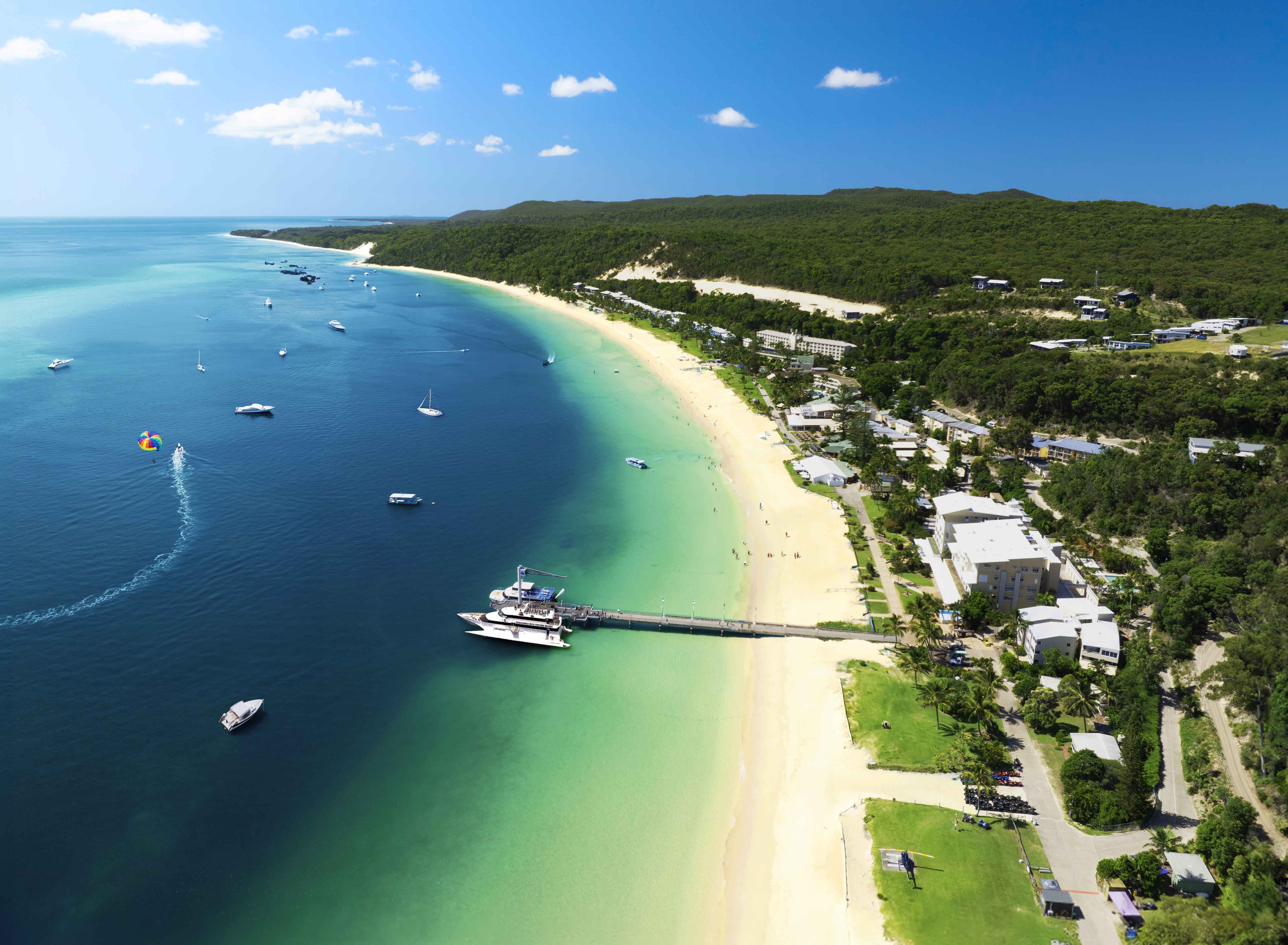
The conference social day on Wednesday the 9th of July will be held at Tangalooma Island Resort on breathtaking Moreton Island, a short boat ride from Brisbane. As winter in Brisbane reaches day time temperatures of around 20 degrees celsius (70 degrees farenheit), delegates will be able to fully experience an Australian beach trip even though it is winter.
Delegate registration includes:
- Return scenic boat cruise across Moreton Bay to Tangalooma Island Resort
- Morning Tea upon arrival at Tangalooma
- Full resort access for the day
- Buffet lunch at Tangalooma's Beachside Grill
- Paid access to one Activity on the island.
Activities can be chosen during registration on a preference basis with the following six choices available:
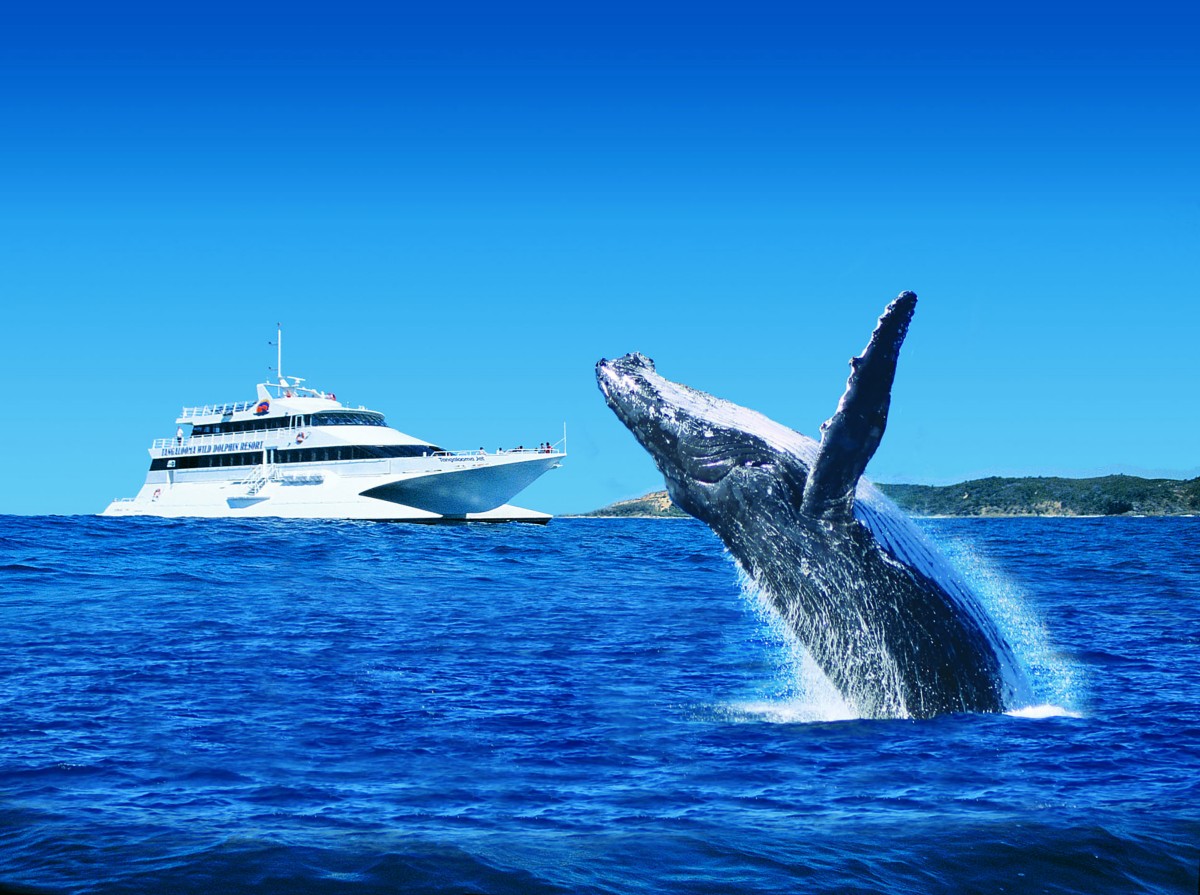
- Wrecks Sightseeing & Fish Feeding Cruise
- Beach Segway Tour
- ATV Quad Bike Tour
- Whale Watch Cruise
- Desert Safari Tour
- Snorkel the Wrecks Tour *
We will try our best to provide everyone with their first preference, but we acknowledge that we may not always be able to provide this.
*Note that some level of swimming proficiency will be required for this tour.
Conference Location: the University of Queensland in Brisbane, Australia
Conference Venue:
ISSW35 will be held at the University of Queensland's (UQ) St Lucia campus in downtown Brisbane, Australia. UQ is a top 50 ranked university in the world and through UQ's Centre for Hypersonics, UQ is a leading world university in hypersonic and shock wave research.
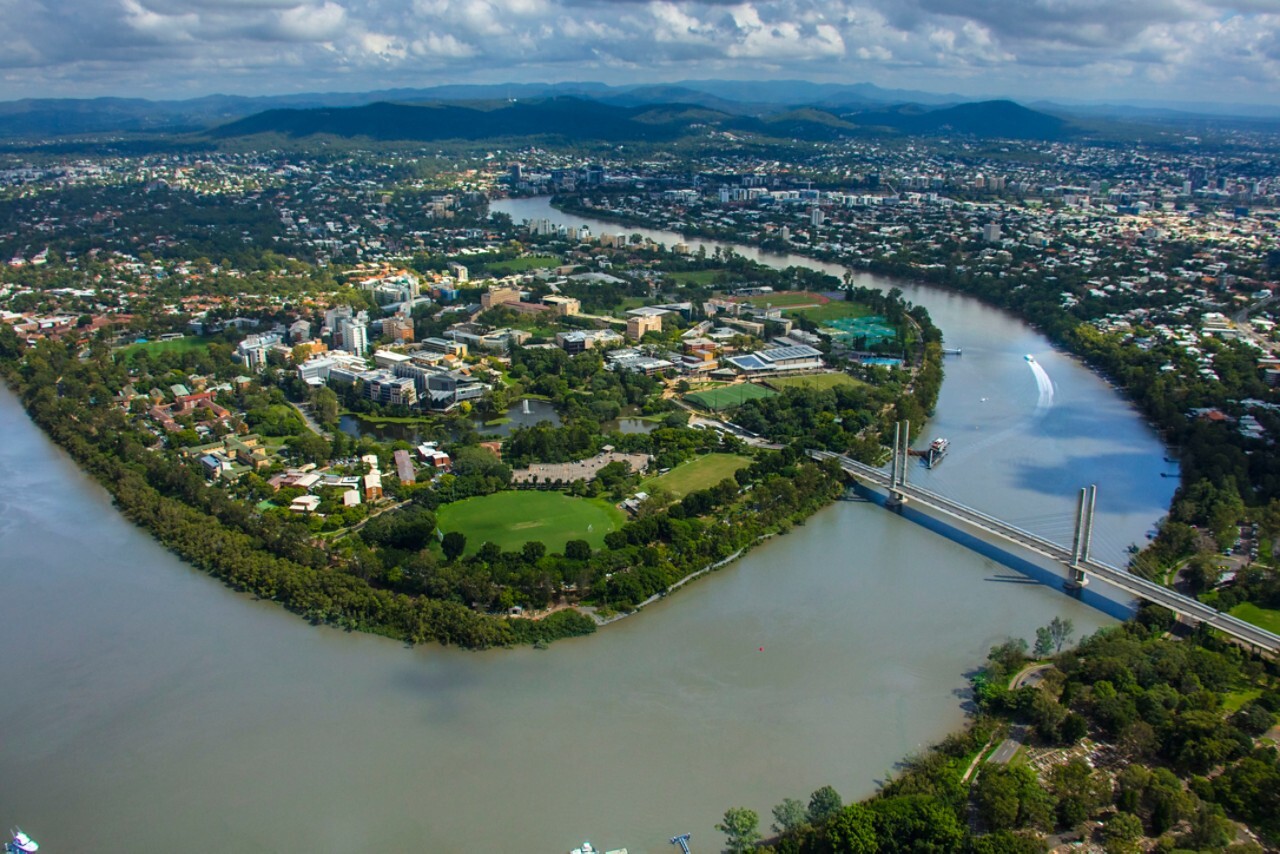
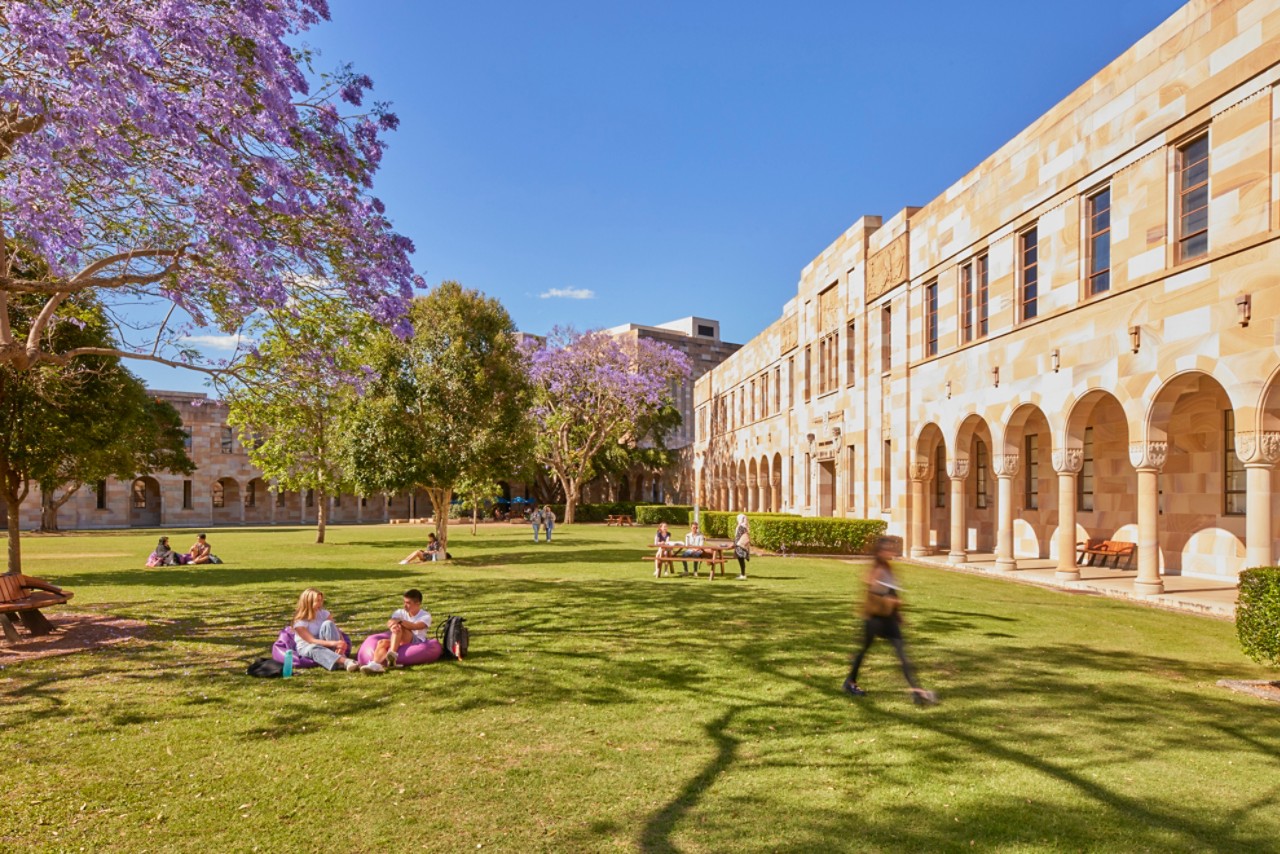
UQ's St Lucia campus houses several major hypersonic test facilities, such as the T4 Stalker Tube (shown below) and the X2 expansion tube, which will be able to be toured during the conference.
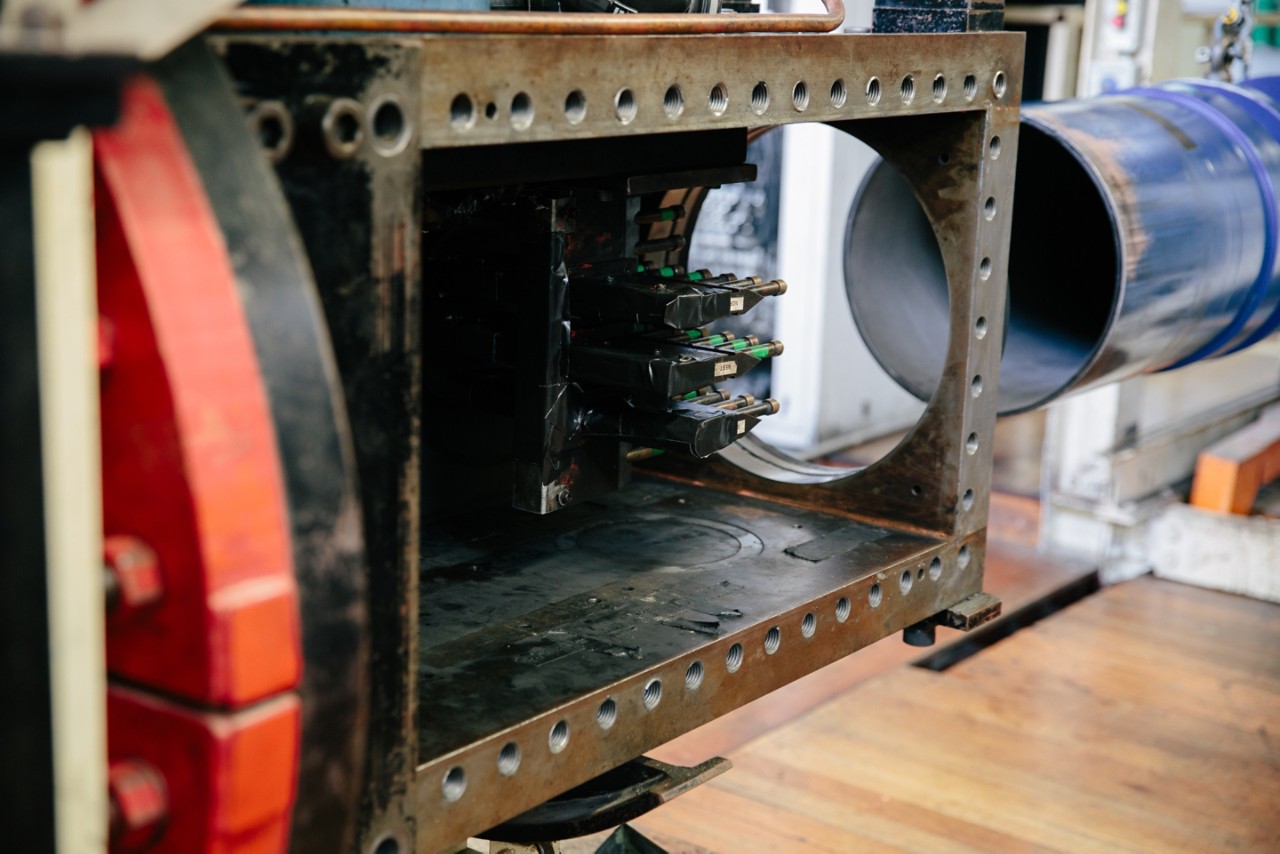
Registration
Important Dates
| Early-bird registration closes | 9 May 2025 |
| Registration for Presenting Authors closes | 6 June 2025 |
| Regular registration closes | 13 June 2025 |
Registration Fees
| Registration Category | Early Bird Registration (up to 9 May 2025) | Regular Registration (up to 13 June 2025) | Last Minute and Onsite Registration |
| Delegate | $1650 AUD | $1850 AUD | $2000 AUD |
| Student | $1200 AUD | $1350 AUD | $1500AUD |
| Accompanying Person | $550 AUD | $600 AUD | $650 AUD |
| Short Course on Hypersonic Shock Tunnel Experimentation and Modelling | $120 AUD | $160 AUD | $200 AUD |
All registration fees are in Australian dollars and inclusive of Australia’s Goods and Services Tax (GST).
Registrations are performed using the registration portal of the Whova conference platform which can be found below.
Please contact us if you need to perform bulk registratins of more than 10 people at once and we can provide the bulk registration link.
Delegate and Student registration includes:
• Conference registration
• Welcome Reception
• Coffee breaks and Lunch during the conference
• Conference social day at Tangalooma Island Resort
• Gala Dinner at Ballroom Le Grand in the Brisbane Central Sofitel hotel
• Presentation of one paper (either oral or poster). Additional paper presentations are charged at a cost of $200 AUD.
Accompanying Person registration includes the following:
• Welcome Reception
• Conference social day at Tangalooma Island Resort
• Gala Dinner at Ballroom Le Grand in the Brisbane Central Sofitel hotel
Registration Cancellation Policy
We understand that plans change and will endeavour to accommodate registration cancellations as required minus a small administration fee to recoup costs associated with fees charged for the registration payment and payment reversal. Due to the need to lock in numbers with contractors a month before the conference, we will not be able to provide refunds after this date.
| Full Refund (minus an administrative fee to cover any costs incurred for processing and refunding of the payment) | Cancellations received up to 13 June 2025 |
| No Refund | Cancellations received after 13 June 2025. |
Please email issw35@uq.edu.au to organise registration cancellation.
Partner’s and Accompanying Person’s Program:
Accompanying Person registrations can be found at the link below:
The details of the partners and accompanying person’s program can be found below.
Accompanying Persons are also welcome to participate in the conference social events:
- Sunday the 6th of July: Welcome Reception at the University of Queensland on Sunday afternoon.
- Wednesday the 9th of July: conference Social Day at Tangalooma Island Resort on Moreton Island.
- Thursday the 10th of July: conference Gala Dinner at Ballroom Le Grand in the Brisbane Central Sofitel hotel.
Access to these three events is available to accompanying person’s through purchasing an Accompanying Person’s ticket on the Whova conference registration platform for a cost of $550 AUD.
Details of the additional Optional Accompanying Person’s Program can be found below:
Tuesday the 8th of July 2025:
Dinner and show at The Australian Outback Spectacular on the Gold Coast where guests can experience an authentic Australian dinner and arena experience featuring multimedia, actors, and animals telling a uniquely Australian story.
Meeting point: Bus will pick up guests at Anzac Square in the Brisbane City at 1700 hours.
The dinner and show will commence at 1930 hrs and finishes at 2100 hours, the bus will transport you back to Anzac Square in Brisbane's CBD at 2230 hour to 2300 hours.
NOTE: Delegates are welcome to join their partners this evening with this programme, but early booking is essential as numbers are limited. (For anyone who is a plenary speaker or an International Advisory Committee member it should be noted that the IAC and plenary speakers dinner is on this same night.)
Cost per guest including transportation is $165AUD with dinner and drinks inclusive. Children (3-13) tickets are $100 AUD each.
Thursday the 10th of July 2025:
Boat cruise on Mirimar II, Brisbane Southbank District. The cruise will be on the Brisbane River upstream from Brisbane South Bank to Lone Pine Koala Sanctuary where guests can interact up close with local Australian animals such as koalas, kangaroos and emus.
Meeting point: Cultural Centre Pontoon, which is located on the Boardwalk in front of the Queensland State Library, South Brisbane.
Meeting at 0830hrs, cruise starts at 0900hrs. Arrive at Lone Pine Koala Sanctuary at 1015hour.
Guests will have 3 hours to walk freely at the sanctuary. The cruise will be ready for boarding at 1245hr until 1330 hours, it will take you again along the Brisbane River downstream back to South Bank Pontoon. Expected arrival time is 1445 hour. This timing ensures that accompanying persons will have ample time to join the conference Gala Dinner at Ballroom Le Grand in the Brisbane Central Sofitel hotel later that day if desired.
Admissions to Lone Pine Koala Sanctuary and boat cruise is $132 AUD per guest, children (3-13) $77 AUD each.
Guests are responsible for all other charges.
Visa Information
Applying for an Australian Visa
All travelers, except Australian and New Zealand citizens, must obtain a valid visa before arriving in Australia. Delegates can submit their visa applications online and use the Department of Home Affairs' visa finder tool to Explore visa options. It is highly recommended to apply at least six weeks before your arrival in Australia. For the latest visa-related information, please visit the Australian Government Department of Home Affairs.
Visa Invitation Letters
During registration, you will have the option to request an invitation letter. To assist with visa processing, you will be asked to provide certain details required by the immigration department. These details will be passed to the Australian Department of Home Affairs as confirmation of your attendance. Once your registration and payment are complete, a visa invitation letter will be sent to your registered email. Please allow up to one week for processing and verification. Please note we cannot provide support to delegates who have not completed payment.
Visa Application Status
As conference organisers, we do not have access to visa application updates—this is handled solely by the Australian Department of Home Affairs. We also do not have any influence over visa decisions. If you require an update on your application, please contact the Department of Home Affairs directly.
Visa Refusals
If your visa application is refused, we will refund your registration fee minus a small administration fee to recoup costs associated with fees charged for the registration payment and payment reversal. Proof of refusal will be required, and refunds will be processed after the symposium.
Getting to the Conference
Brisbane is well connected through the Brisbane International Airport (BNE). There are regular direct flights to and from Brisbane into most of Asia and to the East Coast of the USA. Generally, major cities in the rest of the world can be accessed via a single connecting flight.
Further information about destinations which can be reached from Brisbane can be found on the Brisbane International Airport website.
Australia is far away from the rest of the world. If you are arriving from overseas, we would recommend arriving in Brisbane a couple of days before the conference begins to allow you to acclimatise to the time difference and be recovered in time to properly enjoy the conference. If you aim to arrive in Brisbane on Friday the 4th of July you will have the opportunity to participate in our Shock Tunnel Short Course on Saturday the 5th of July, the Welcome Reception on Sunday the 6th of July and to explore Brisbane city a bit before the conference starts.
Getting from the Airport to Brisbane City
There is a direct train link from both the domestic and international terminals of the Brisbane airport to the city center via the Brisbane Airtrain. The Airtrain from the international terminal to Brisbane's Central or Roma St Stations in Brisbane City is approximately 30 minutes and each fare costs $18.96AUD. For more details, please see here: https://www.airtrain.com.au/
Taxis and Ubers are also readily available to take delegates to or from the airport to Brisbane city for a cost of around $50AUD.
Host City: Brisbane
Brisbane is the capital of the Australian state of Queensland. Being a semi-tropical climate, Brisbane is a great place to visit in winter when ISSW35 will be held.
The local attractions located in Brisbane's inner city can be seen in the Brisbane tourist map below:
The following guides provide a large amount of information about Brisbane and what you can do during your time here:
(Click on the links to open the documents.)
A large amount of information allowing you to discover Brisbane can be found below:
Where to Stay in Brisbane
There are many great places to stay Brisbane, and this guide will hopefully help point you in the right direction.
Conference Location
The University of Queensland main campus where ISSW35 is to be held is in the suburb of St Lucia, an inner-city suburb south of the Brisbane Central Business District (CBD). Nearby suburbs which have close bus links with UQ as well as shopping and dinner options nearby include: Toowong, Indooroopilly, West End, South Bank, Woolloongabba, and of course the Brisbane CBD.
Public Transport
Brisbane public transport options include an extensive bus network including the new Brisbane metro rapid transit system, a train network connecting the CBD to outer suburbs, and a river ferry service called the CityCat. Currently, all Brisbane public transport fares including CityCats are reduced to a flat rate of $0.50AUD, excluding the Airtrain. Paying for public transit in Brisbane is best done via the electronic smartcard Go Card: https://translink.com.au/tickets-and-fares/go-card
These can be picked up at the airport or from local convenience shops, and you will also be able to top these up upon purchase or in specific bus stations. Ferries, trams, and trains additionally accept contactless payment via debit or credit card.
We recommend downloading the Translink app which can be used to view bus timetables and plan your travel around Brisbane: https://translink.com.au/plan-your-journey/mytranslink
Getting from the Airport to Brisbane City
There is a direct train link from both the domestic and international terminals of the Brisbane airport to the city center via the Brisbane Airtrain. The Airtrain from the international terminal to Brisbane's Central or Roma St Stations in Brisbane City is approximately 30 minutes and each fare costs $18.96AUD. For more details, please see here: https://www.airtrain.com.au/
Taxis and Ubers are also readily available to take delegates to or from the airport to Brisbane city for a cost of around $50AUD.
Accommodation Options
We know that when choosing your conference accommodation, accessibility to the conference and the local sights that Brisbane has offer will be important aspects of your choice. The map below shows two popular bus routes to UQ from the city center, the 412 and M2 Metro bus routes, along with our hotel recommendations. We are lucky to have obtained some discounts rates with some local hotels which are also highlighted on the map below. For those who would like a scenic journey to and from the conference, we have also highlighted the CityCat ferry terminals along the river between UQ and the city center. Currently, all Brisbane public transit fares including CityCats are reduced to a flat rate of $0.50AUD, excluding the Airtrain.
Additionally, we have included some recommendations for other reasonably priced accommodation options within commuting distance to UQ. This list is by no means exhaustive and for more options we recommend exploring the Discover Brisbane section of the main ISSW35 website or the following page: https://visit.brisbane.qld.au/accommodation
The second map here provides information about the locations of various inner city Brisbane attractions which conference delegates may want to visit around the conference:
Hotel Discount Rate Recommendations
(Discount links can be found in the email sent to participants)
| Hotel Voco – 15% Discount 85-87 North Quay, Brisbane, QLD, AU Bus route(s): 412 – 23 minutes to UQ | Hotel Indigo – 15% Discount 27/35 Turbot St, Brisbane City QLD 4000 Bus route(s): 412 – 21 minutes to UQ |
| Riverside Hotel Southbank – 10% Discount 20 Montague Rd, South Brisbane QLD 4101 Call +61 (0)7 3846 0577 and quote ISSW35 for the discount Bus route(s): 412 – 30 minutes to UQ M2 – 20 minutes to UQ | Holiday Inn Express – 20% Discount on Queen standard room $200 p/n 168 Wharf St, Spring Hill QLD 4000 Bus route(s): 192 – 45 minutes to UQ |
Other Hotel Recommendations
| George Williams 317/325 George St, Brisbane City QLD 4000 Bus route(s): M2 – 25 minutes to UQ 412 – 32 minutes to UQ | Hotel Diana 12 Annerley Rd, Woolloongabba QLD 4102 Bus route(s): M2 – 15 minutes to UQ |
| Jephson Hotel 63 Jephson St, Toowong QLD 4066 412 – 15 minutes to UQ | Central Cosmo Apartments 60 Park Rd, Milton QLD 4064 Bus route(s): 412 – 18 minutes to UQ |
Host Region: South East Queensland
The greater South East Queensland region has many great things to see such as native wildlife, whale watching, hiking, wineries, and the great beaches of the Gold Coast and the Sunshine Coast.
The image below shows some of the different types of experiences available in South East Queensland. The second image below shows the driving distance to some of these locations.
Host State: Queensland
Further information about Queensland will be forthcoming but a wealth of information about what one can do in Queensland can be found on the Queensland tourism website here: https://www.queensland.com/
Host Country: Australia
Australia is an amazing and diverse country and we hope that you will be able to take some time before or after the conference to experience some other parts of Australia while you are here. A wealth of information about Australia can be found at the following website: https://www.australia.com
The Brisbane Domestic Airport is connected to almost everywhere in Australia, allowing delegates easy access to other parts of Australia:
The following brochures about Brisbane include important information for delegates and guests about Australia such as the currency used in Australia, tipping etiquette (tipping is not expected in Australia), the electricity supply and plug used in Australia (240/250 volts AC at 50 Hz), the Australian emergency number (000), shopping hours, the drinking age, sun safety and other important information.
Presentation Information
Each presentation will be allocated 20 minutes including questions and changeover. We recommend aiming to speak for no longer than 15 minutes to allow time for discussion. To ensure consistent timing across multiple parallel sessions, start and end times for each presentation will be strictly adhered to.
We are not providing a presentation template so you are welcome to use your own presentation template and to save your presentation as either a Microsoft PowerPoint or a pdf file. If your presentation includes any videos or animations, please check that they are working on your machine before submission.
Further presentation information will be added as required closer to the event.
Poster Information
No specific template is stipulated for posters. The singular requirement is that posters must be printed on A1 paper (841 x 594 mm / 33.1 x 23.4 inches) and aligned in portrait orientation. Presenters are responsible for printing their own posters in hardcopy and bringing them to the conference.
The conference Poster Session will occur in Room 49-301 on Tuesday afternoon from 4:20 to 6PM. The poster session will include free drinks and two canapes per person from 4:30 to 5:30PM, with a cash bar available afterwards.
During the poster session, poster presenters are expected to remain with their posters to talk to other delegates about their poster.
You will be able to set up your poster in the Poster Session room from first thing Monday morning. Each poster has been given a number in the program and should be placed on the partition with that number. Pins to hang the posters will be provided, but you are expected to have printed your poster (on A1 paper [841 x 594 mm / 33.1 x 23.4 inches] and aligned in portrait orientation) and brought it with you to the conference.
Please ensure that at the very latest your poster is installed by 4PM on Tuesday afternoon, but we would appreciate if you install your poster earlier so others can browse the poster space at other times when they are able to.
After the Poster Session, you may remove your poster or leave it up for the rest of the week for others to browse. Any posters left over after the conference will be disposed of.
Instructions for Authors
Explanation of editorial decisions:
Accepted abstracts had one of three editorial decisions, which are explained further below:
- "Abstract accepted". This means that your abstract has been accepted without changes to your requested category or presentation option (either oral presentation or poster presentation).
- "Abstract has been accepted for POSTER presentation." This means that you originally requested an oral presentation, but, based on reviewer feedback, a poster presentation has instead been offered.
- "Abstract has been accepted for presentation in category "....". In this case your abstract has been accepted, but, based on reviewer feedback, needs to be assigned to a different category than the one you selected during the submission process.
- In some cases a change to both poster and category have been stipulated.
Changes to category/presentation type in EquinOCS need to be made by the corresponding author, so if the editorial decision for your paper was a change to poster and/or category, you will need to change the category when you submit your revised paper.
Abstract feedback from reviewers:
You will have received reviewer reports as part of your abstract editorial decision. We requested that reviewers answer the following eight (8) questions relating to each paper. In some cases they included the text of the questions in their responses. In other cases they did not. I have included the questions below for those who have two reviews where the question text has not been included. Note, in some instances reviewers did not provide feedback for the authors (only to the editors) which is the reason those reports are empty.
ISSW35 Abstract Review Questions:
1. Does the topic lie within the scope of ISSW? (Yes/No)
2. Is, to the best of your knowledge, the topic novel? (Yes/No)
3. Is the proposed approach/methodology technically credible? (Yes/No)
4. Is the abstract written to a professional academic standard? (Yes/No)
5. Should the abstract be accepted? (Yes/No)
6. If accepted, would you recommend a podium or poster presentation? (Poster/Presentation)
7. If accepted, is the current paper category appropriate (Yes/No)? If you answer “No”, please recommend an appropriate category (a list of paper categories is provided on the next page).
8. Review summary: (please provide a short summary justifying your answers above).
No podium, no paper:
Once an abstract has been accepted, one of the co-authors is now authorised to present the paper either by oral or poster presentation, depending on their requested paper category and any changes following the editorial decision. It is not necessary to submit a full paper to present in the conference.
However, in order for a paper to be considered for the proceedings, it must have been presented in person, via oral or poster presentation, by one of the co-authors at the conference. Attendance at the oral presentations and poster sessions will be verified during the conference by session chairs. Papers that were not presented in person at the conference will not be considered for the proceedings.
Paper submission requirements:
- Papers are to be between 6 and 10 pages long.
- All papers must be original work.
- All submitted papers will undergo detailed peer review. Only high quality papers which make an original scientific contribution will be included in the proceedings. Acceptance of your abstract to the conference for presentation does not guarantee inclusion of your paper in the conference proceedings.
- Whether an abstract was accepted for oral or poster presentation at the conference will have no influence on its consideration for the proceedings.
- Copyright: All papers will need a signed copyright transfer form by the authors (to be provided in due course). Authors must have obtained all relevant permissions where their paper includes any copyrighted work.
- ISSW35 is using the Springer template for all paper submissions as follows:
- Proceedings Instructions for Authors: https://resource-cms.springernature.com/springer-cms/rest/v1/content/26362278/data/v1
- Proceedings LaTeX package: https://resource-cms.springernature.com/springer-cms/rest/v1/content/19338728/data
- Proceedings Word template: https://resource-cms.springernature.com/springer-cms/rest/v1/content/19338734/data
- Please do not modify the template in order to fit more text within the 10 page limit. Papers will be subsequently re-typeset in the proceedings, and papers with extra text and content "squeezed in" will then spill over 10 pages in the final proceedings document. These papers will require further revision, leading to delays to the proceedings and/or rejection of the papers.
- After a paper receives final acceptance, authors will be required to upload a full package of the source files and upload the final manuscript, as well as to provide a signed copy of the copyright transfer form (to be provided in due course). Provision of these documents needs to be done in a timely manner; significant delays in providing these documents may lead to a paper being withdrawn from the proceedings.
Poster template:
No specific template is stipulated for posters. The singular requirement is that posters must be printed on A1 paper and aligned in portrait orientation. Presenters are responsible for printing their own posters in hardcopy and bringing them to the conference. Instructions for the poster session will be provided closer to the conference date.
Paper submission deadline:
The absolute deadline for paper submission will be Friday 4th July, which is the Friday before the commencement of the conference.
Springer EquinOCS:
We note that there are some limitations to what the proceedings editors can modify within the EquinOCS system, such as changing paper categories, author details, and so forth. In some cases we will therefore need to collaborate with authors to work around these limitations. We ask for your patience and cooperation with this process.
Call for Papers
Abstracts are sought under the following topics:
- Atmospheric Entry
- Blast Waves
- Chemical Kinetics
- Chemically Reactive Flows
- Detonation, Combustion and Ignition
- Diagnostics and Flow Visualization
- Facilities and Instrumentation
- High Enthalpy Gas Dynamics
- Medical and Biological Applications
- Multiphase Flows
- Nozzle Flows and Supersonic Jets
- Numerical Methods
- Plasmadynamics and Magnetohydrodynamics
- Propulsion
- Richtmyer-Meshkov Instability
- Shock Induced Surface Chemistry Interactions
- Shock Wave Interaction with Various Media
- Shock Wave Reflection, Interaction, and Focussing
- Shock Waves in Dense Gases
- Shock Waves in Internal Flows
- Shock Waves in Liquids
- Shock Waves in Rarefied Gases
- Shock Waves in Solids
- Shock/Boundary Layer Interaction
- Shock-Vortex Interaction
- Supersonic and Hypersonic Flows
Proceedings Publication
The conference is using the Springer EquinOCS proceedings system to process both abstracts and papers. Full papers will be subject to peer review and accepted papers will be included in the proceedings of ISSW35, to be published by Springer after the conference.
Student Competition
All students who are presenting a paper and are its first author will be automatically entered into the student competition. A total of 10 winners will be selected based on the best student oral and poster presentations. If you do not want to be entered into the student competition, please make this clear in the comments field of the submission form.
Submitting your abstract
Abstracts are to be submitted in pdf format to the Springer EquinOCS system, which can be accessed at the following url: https://equinocs.springernature.com/service/issw35
The abstract template is available for download, in both Latex and MS Word formats, from here: https://mechmining.uq.edu.au/files/10565/ISSW35_abstract%20template_LaTeX_and_MSWord.zip
Note 1: it is necessary to also copy-and-paste the text from your abstract into the text field provided on the EquinOCS form. Do not worry about images or formatting for this step.
Note 2: details of the full paper template will be provided once abstract submission closes.
Presentation type
When you submit your abstract, you will be requested to select a category from the list below. For each topic there is an option for "oral presentation" or "poster"; please choose the appropriate option from the list below:
- Atmospheric Entry
- Blast Waves
- Chemical Kinetics
- Chemically Reactive Flows
- Detonation, Combustion and Ignition
- Diagnostics and Flow Visualization
- Facilities and Instrumentation
- High Enthalpy Gas Dynamics
- Medical and Biological Applications
- Multiphase Flows
- Nozzle Flows and Supersonic Jets
- Numerical Methods
- Plasmadynamics and Magnetohydrodynamics
- Propulsion
- Richtmyer-Meshkov Instability
- Shock Induced Surface Chemistry Interactions
- Shock Wave Interaction with Various Media
- Shock Wave Reflection, Interaction, and Focussing
- Shock Waves in Dense Gases
- Shock Waves in Internal Flows
- Shock Waves in Liquids
- Shock Waves in Rarefied Gases
- Shock Waves in Solids
- Shock/Boundary Layer Interaction
- Shock-Vortex Interaction
- Supersonic and Hypersonic Flows
We look forward to seeing you in Brisbane in 2025,
The ISSW35 Local Organising Committee
5-14 July 2025
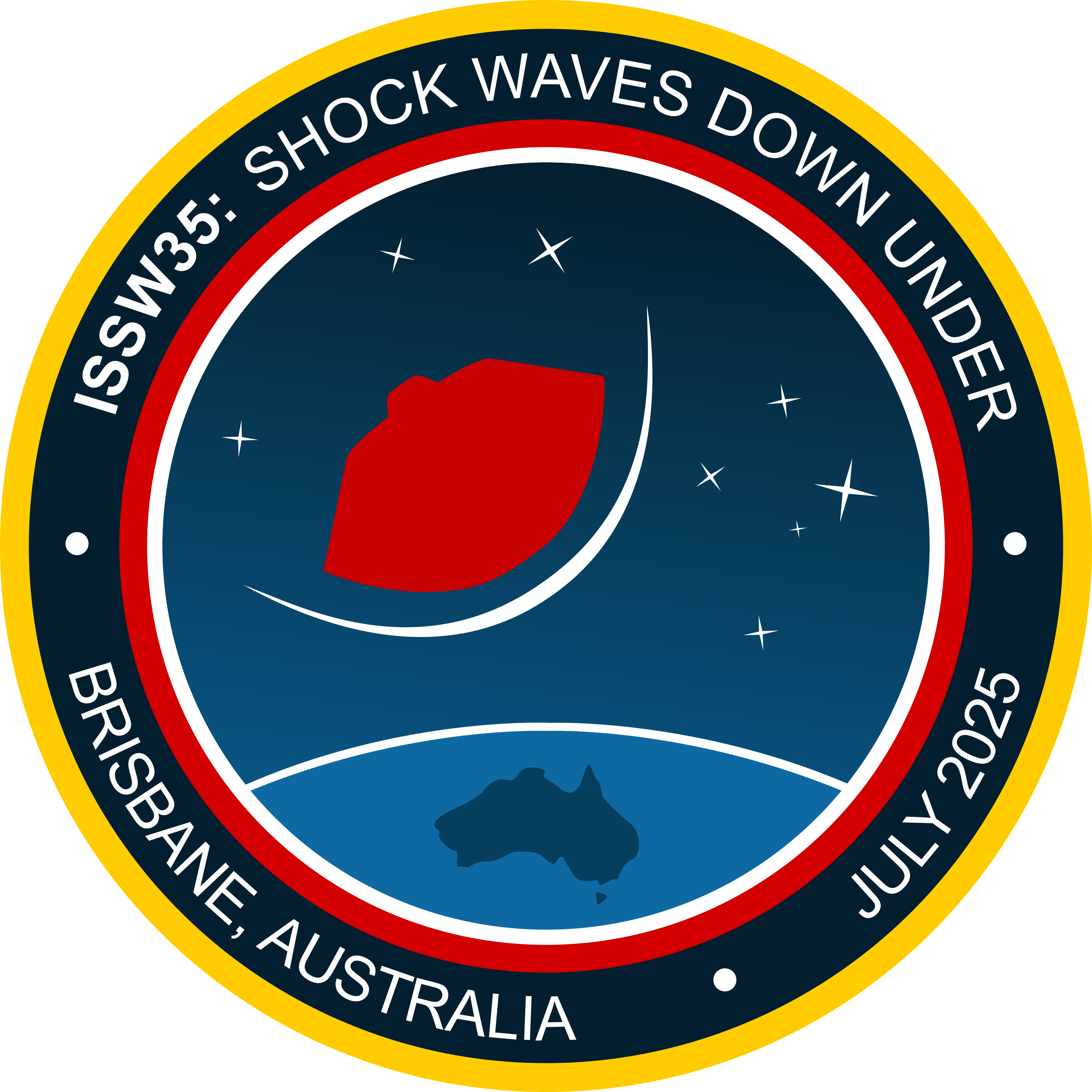
For general enquiries, please email issw35@uq.edu.au
Follow us on LinkedIn for more event-related updates: https://www.linkedin.com/company/international-symposium-on-shock-waves-2025/
To be added to the ISSW35 email list please go to the link below and submit your details:
https://lists.eait.uq.edu.au/mailman/listinfo/issw35
Conference registration can now be performed in our Whova registration platform at the link below:
Further registration information can be found under the Registration tab.
If you are interested in sponsoring ISSW35, please email conference Secretary Dr Chris James at c.james4@uq.edu.au and we will send you the ISSW35 sponsorship prospectus.
Key Dates
| Abstract submission open | 1 November 2024 |
| Abstract submission close | 17 January 2025 |
| Abstract acceptance notification | 3 March 2025 |
| Full paper submission open | 10 March 2025 |
| Registration for Presenting Authors closes | 6 June 2025 |
| Full paper submission close | 4 July 2025 |
| Early bird registration start | 10 March 2025 |
| Early bird registration end | 9 May 2025 |

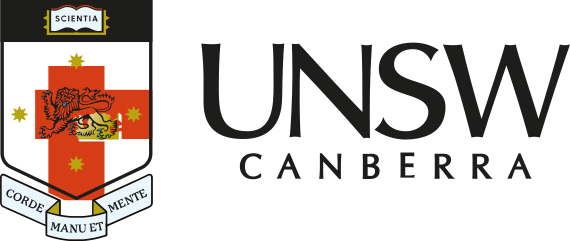
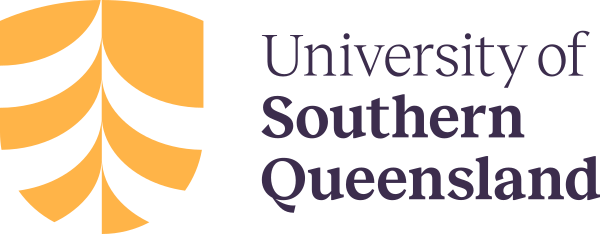
ISSW35 acknowledges the Traditional Owners of the land where the conference will be held, the Turrbal and Jagera people, and pay our respects to Elders past, present, and emerging. We celebrate the stories, culture and traditions of Aboriginal and Torres Strait Islander Elders of all communities who also work and live on this land.

